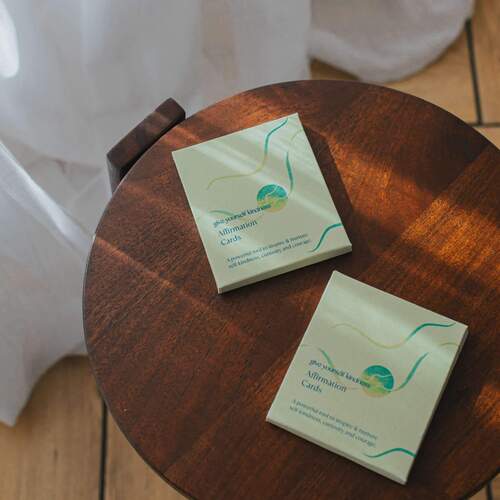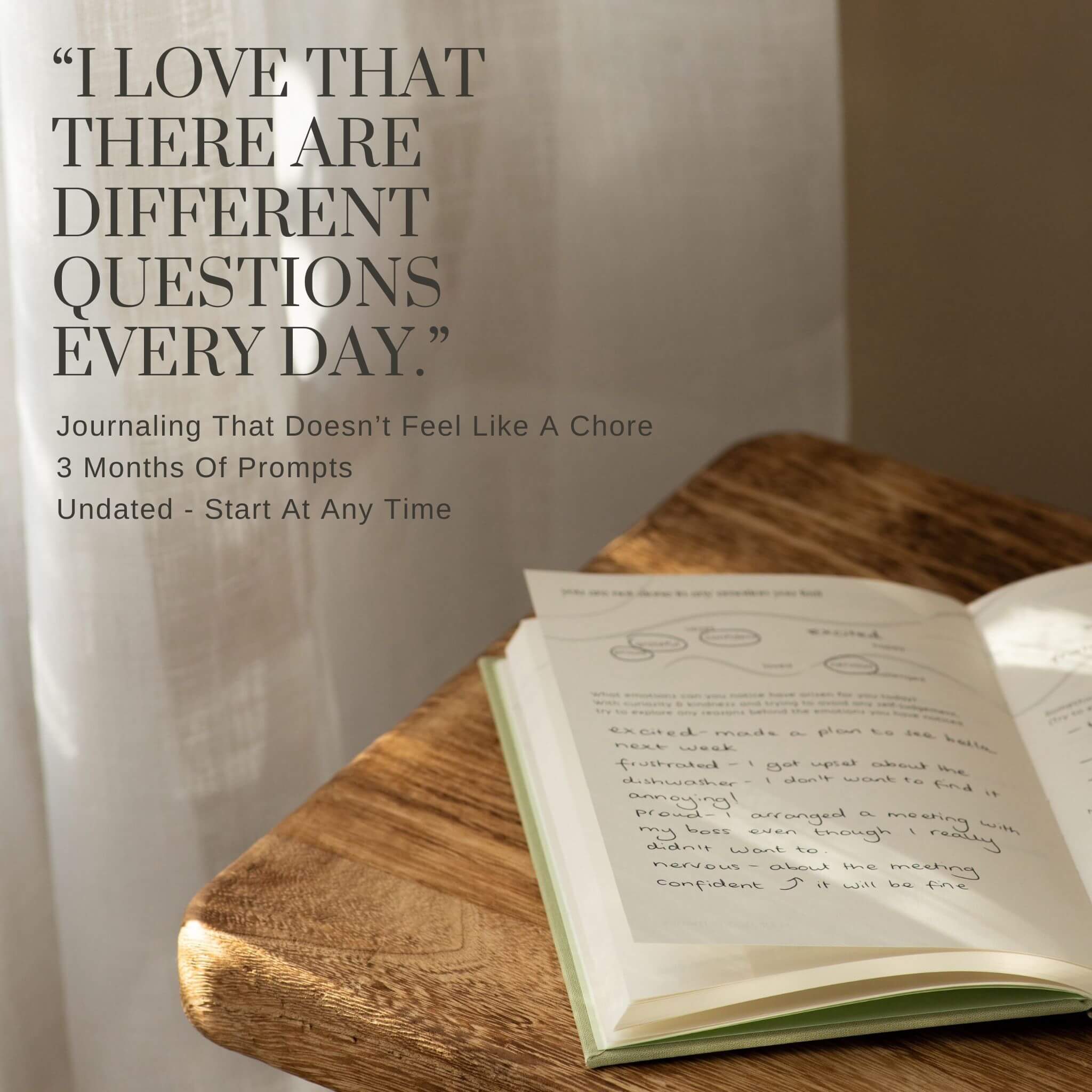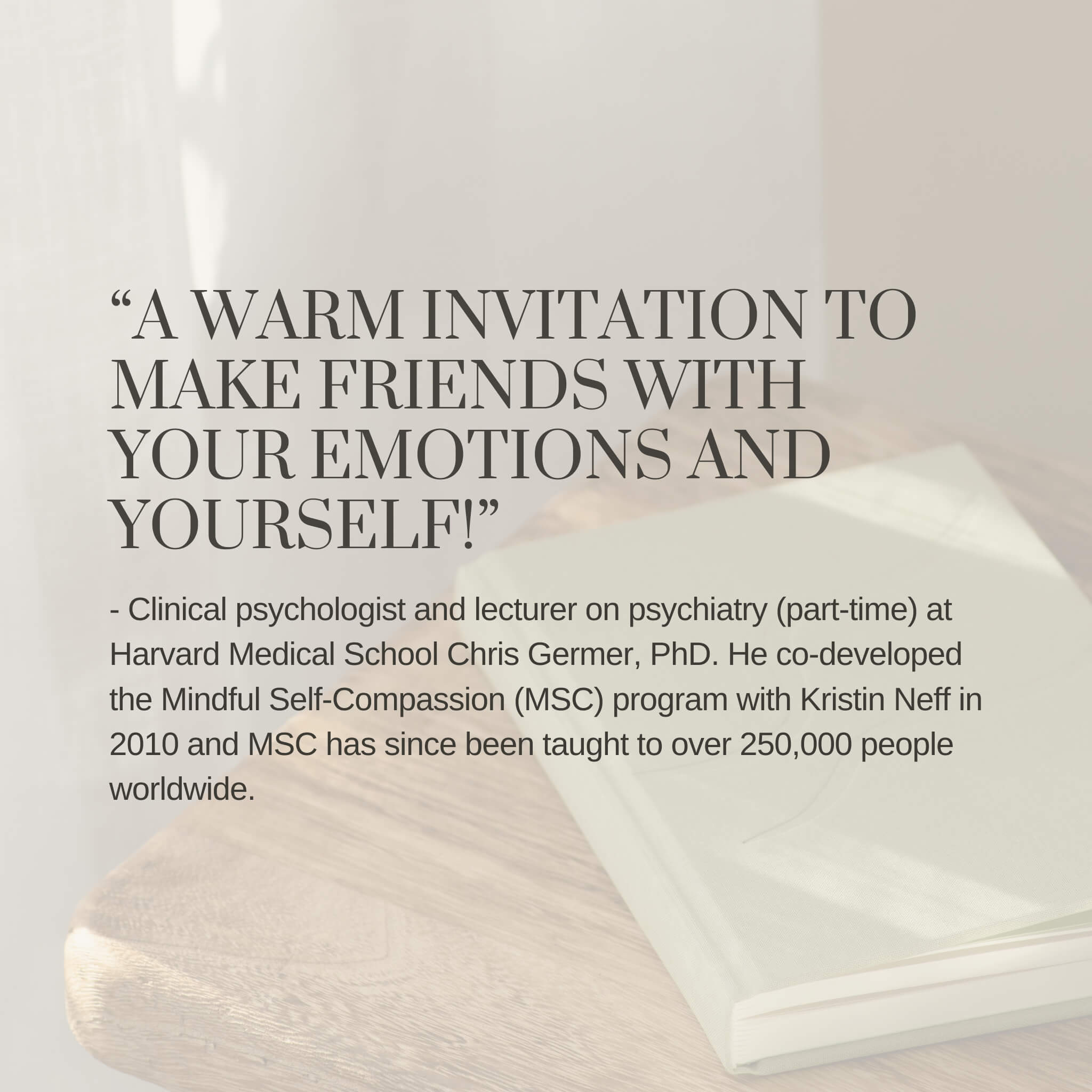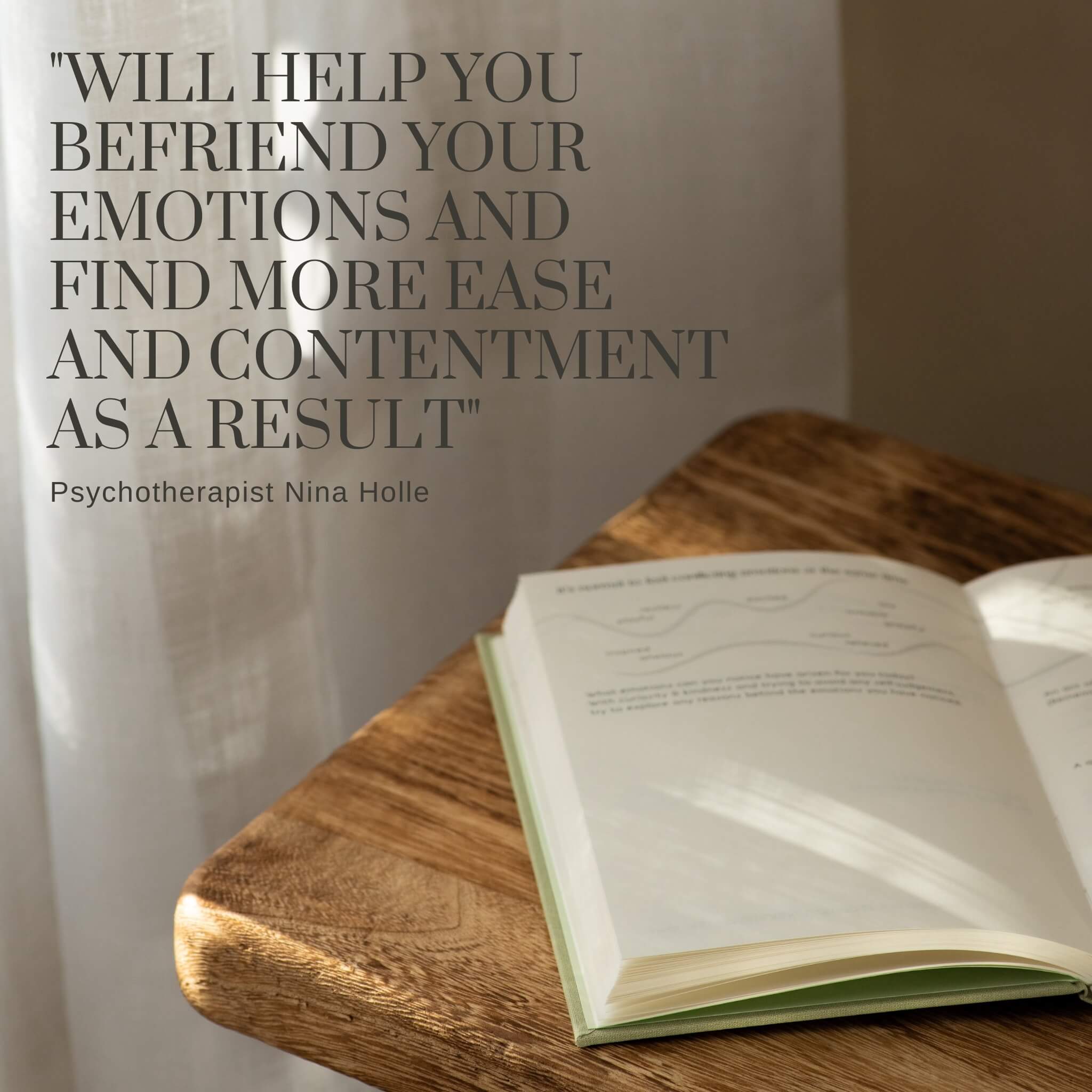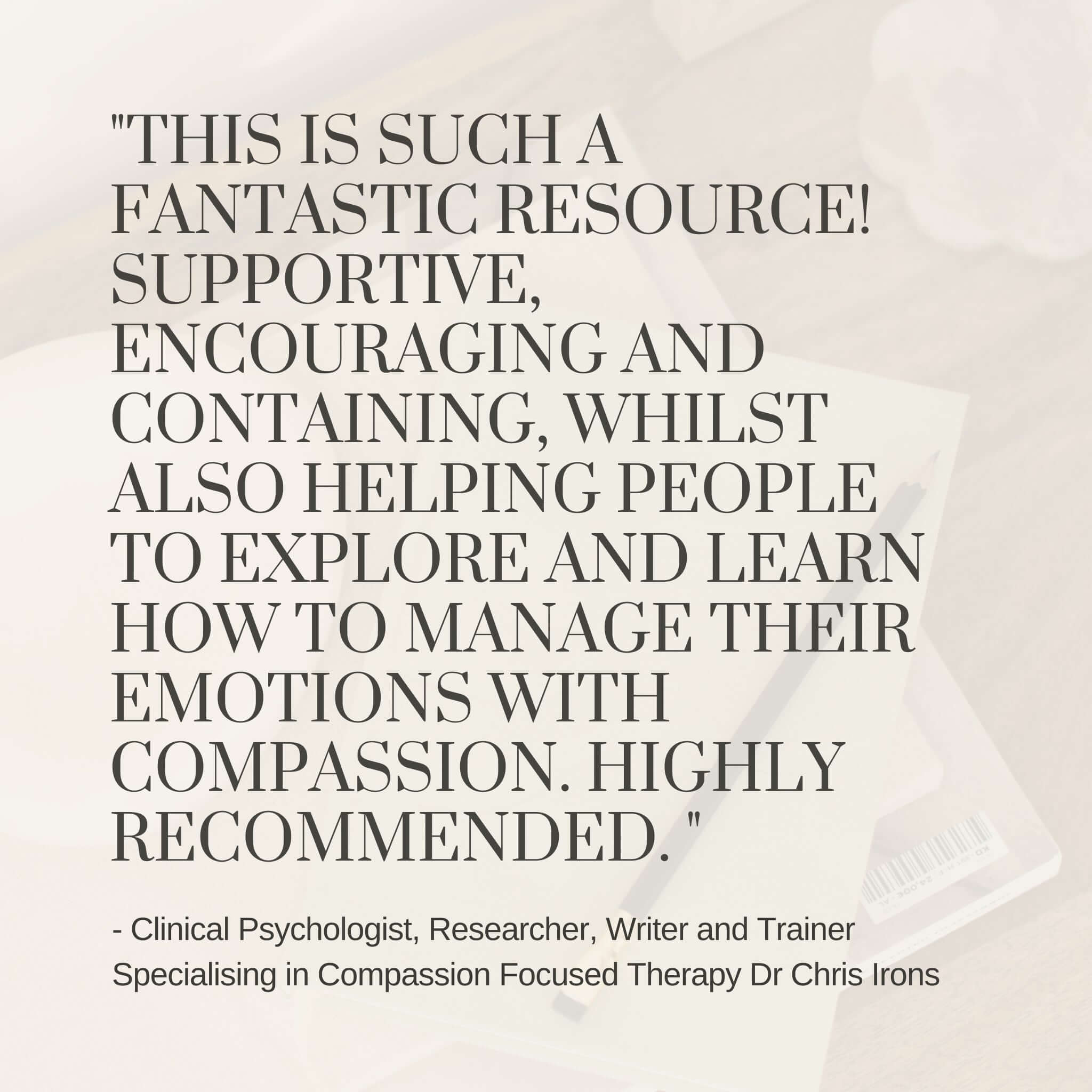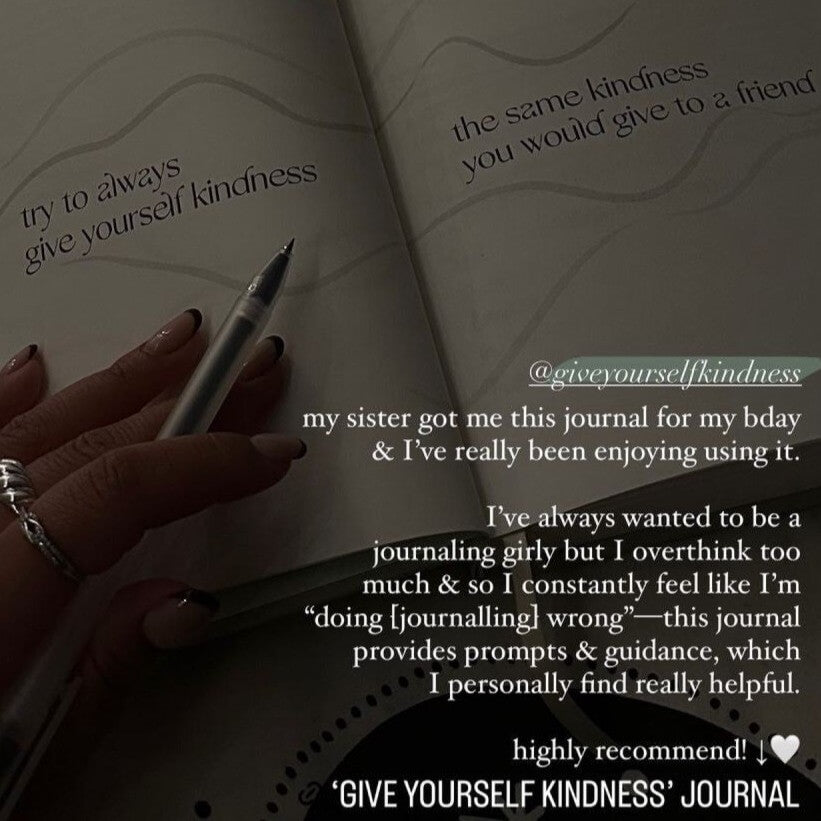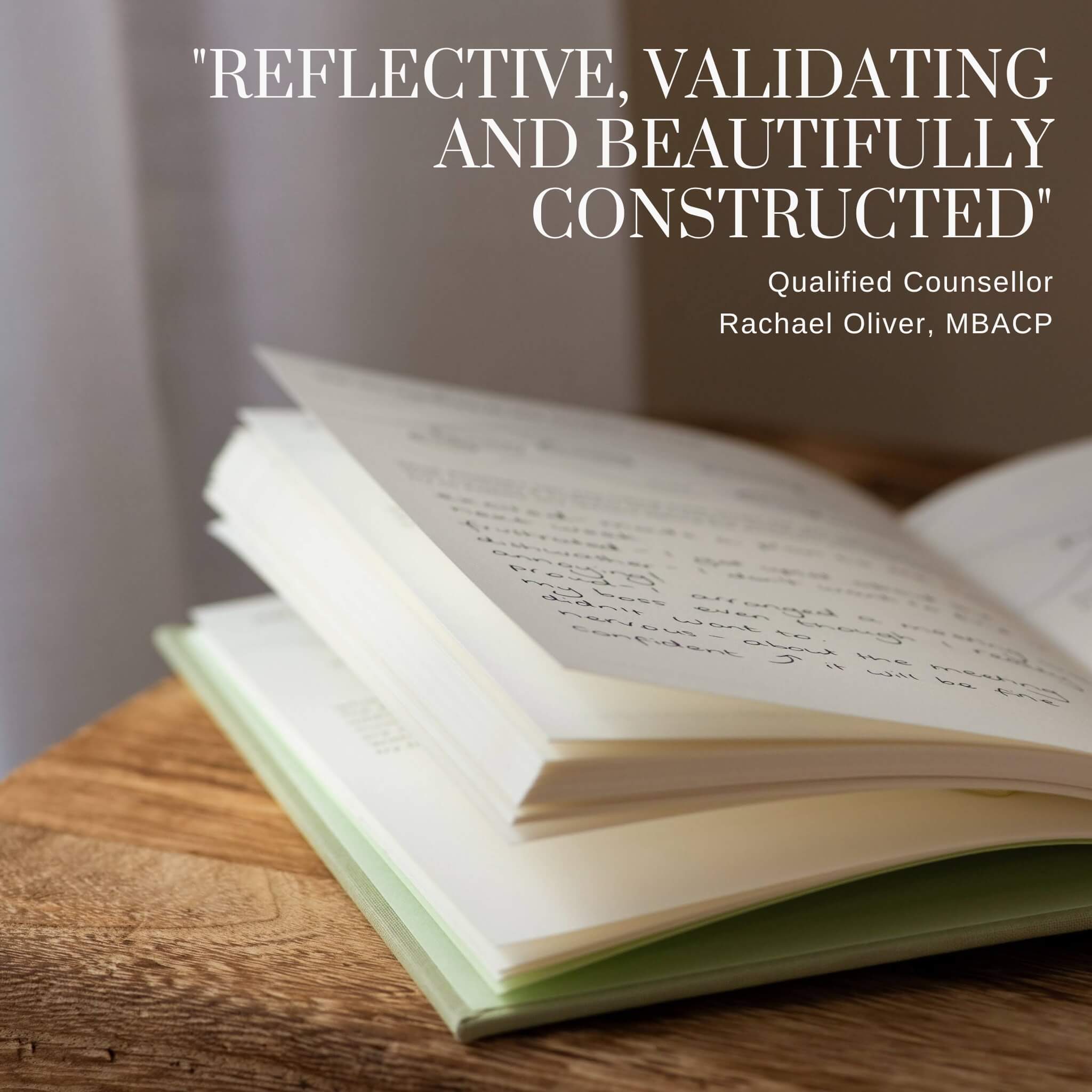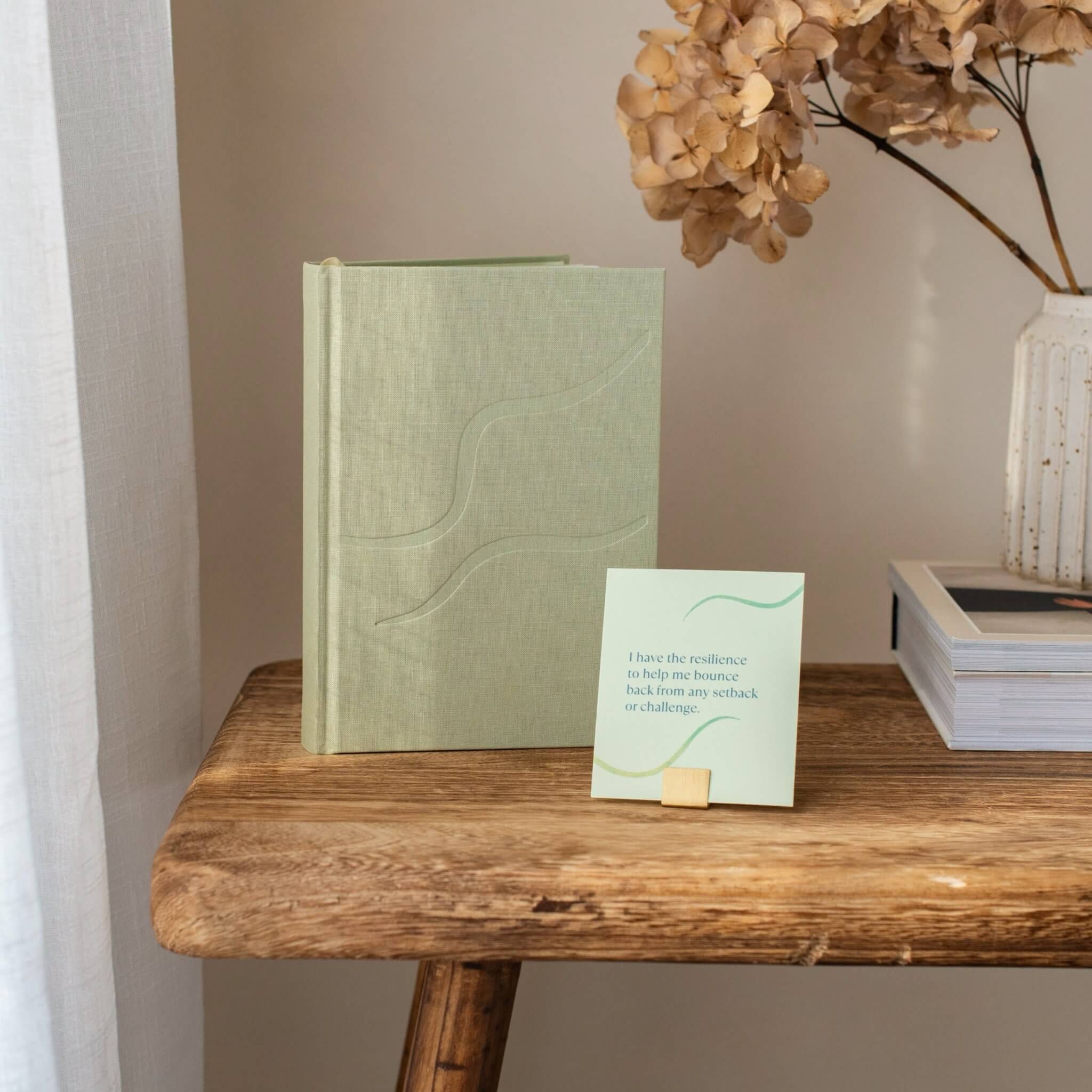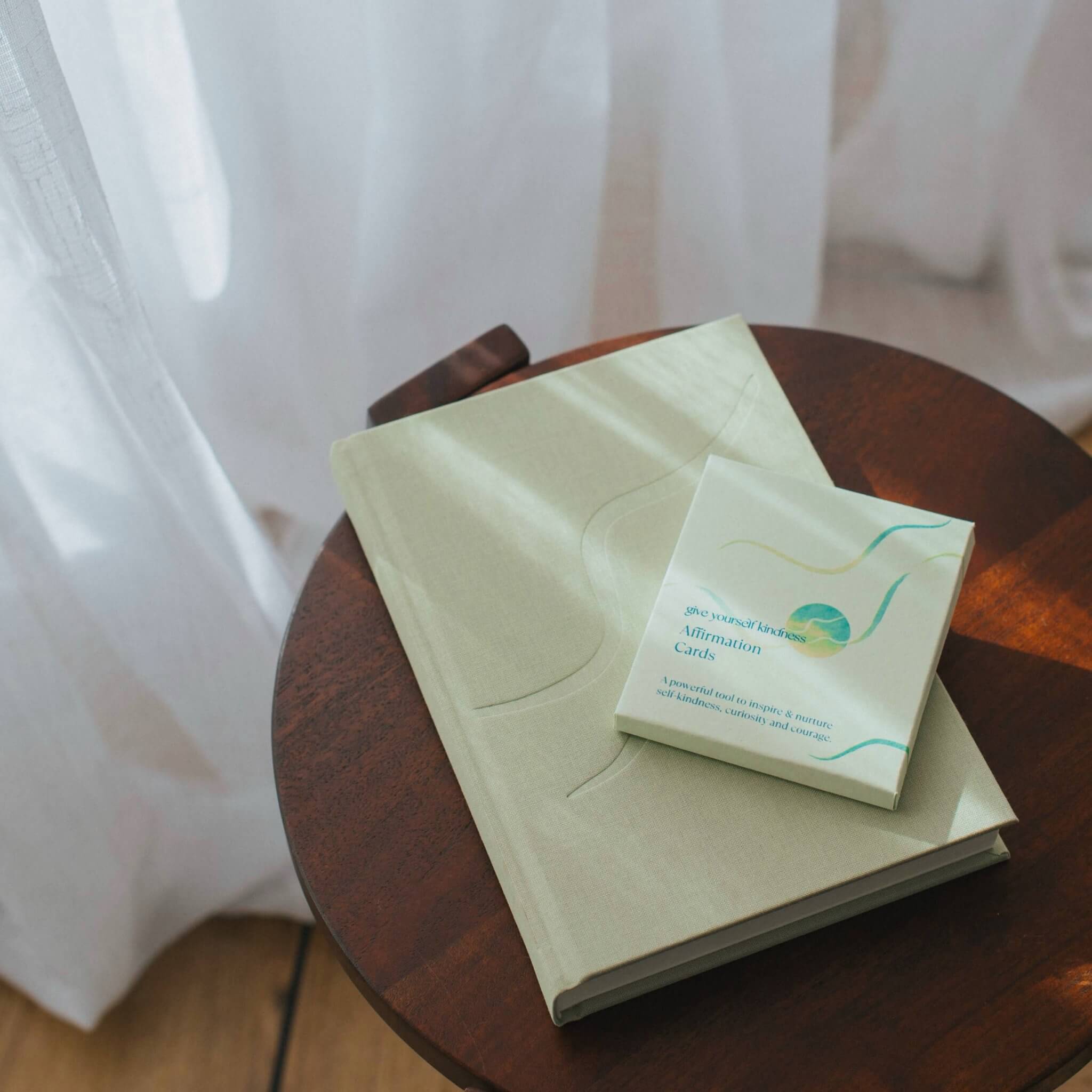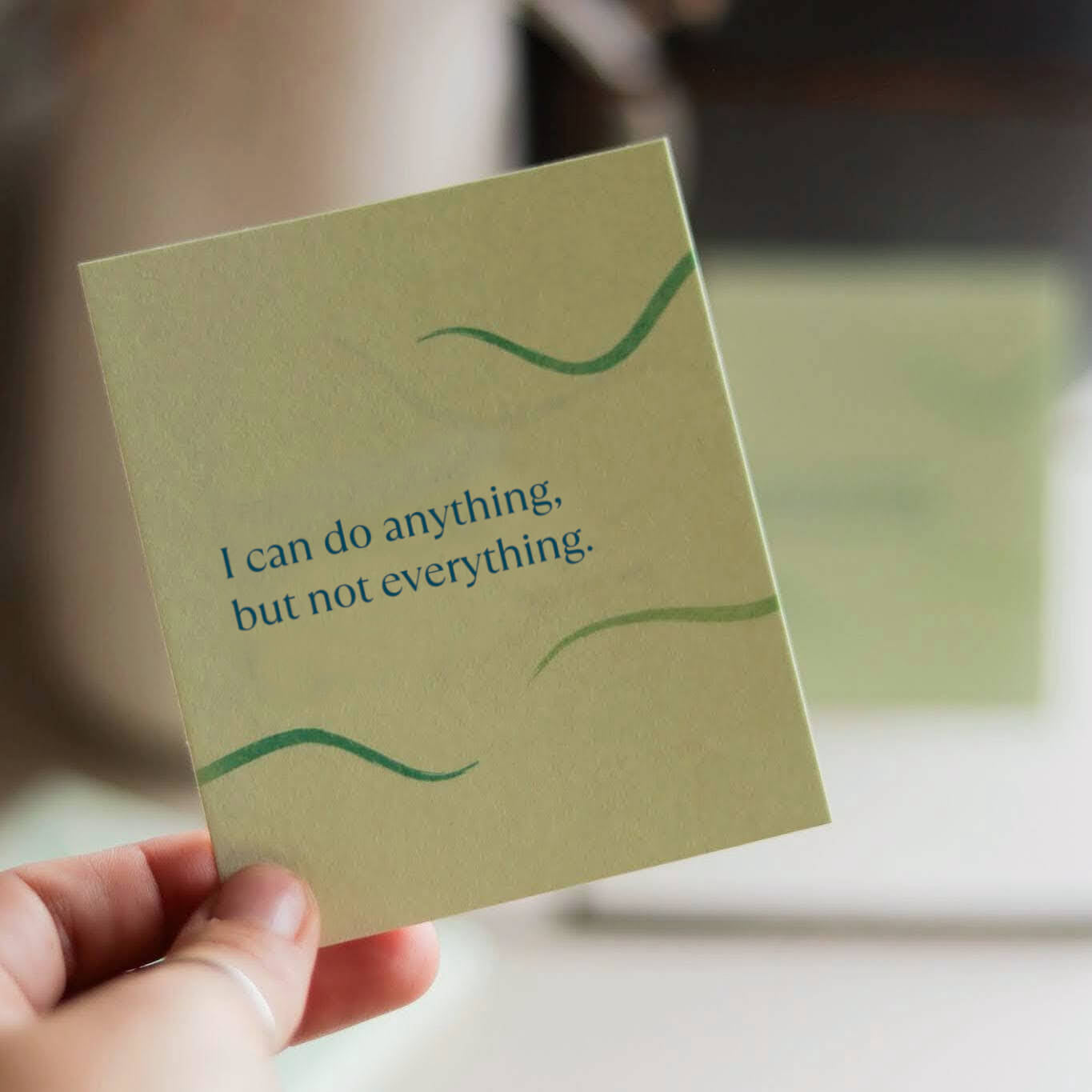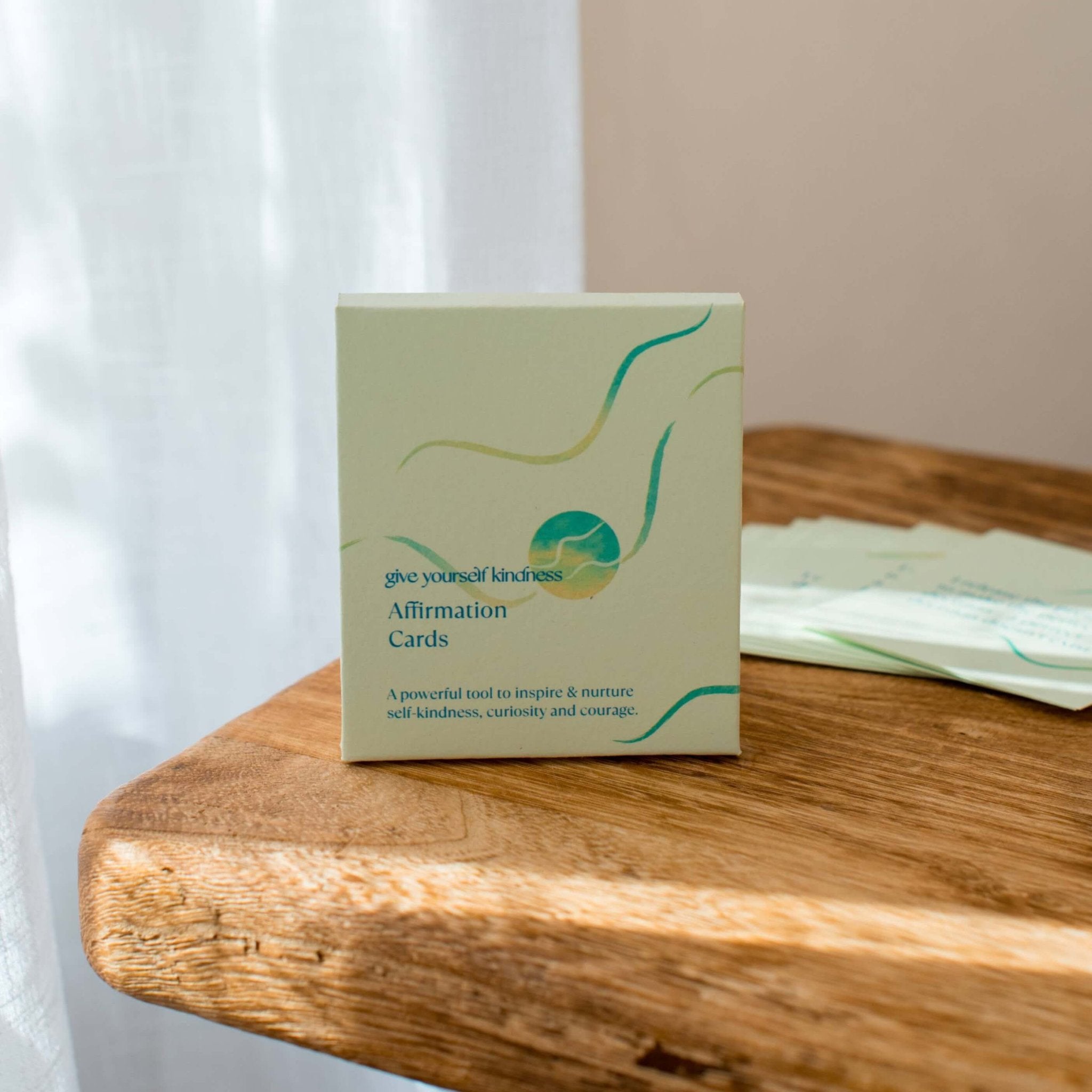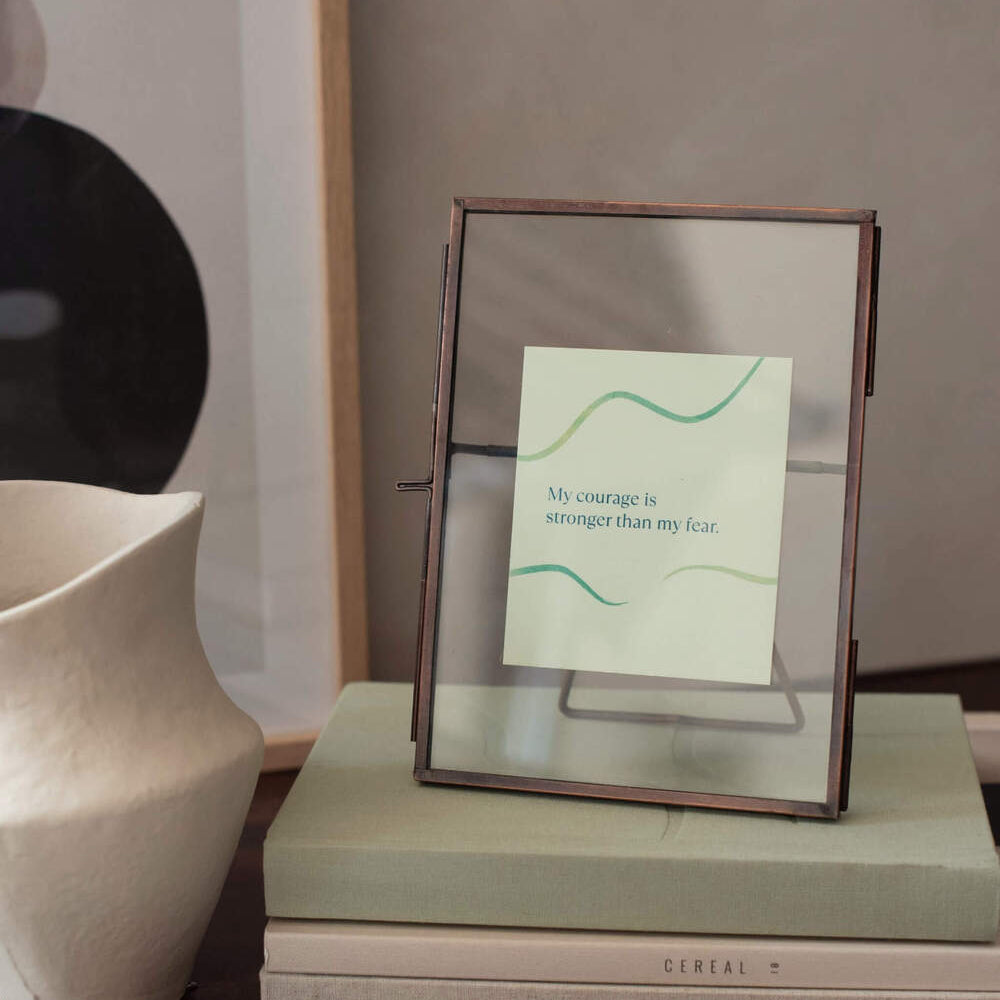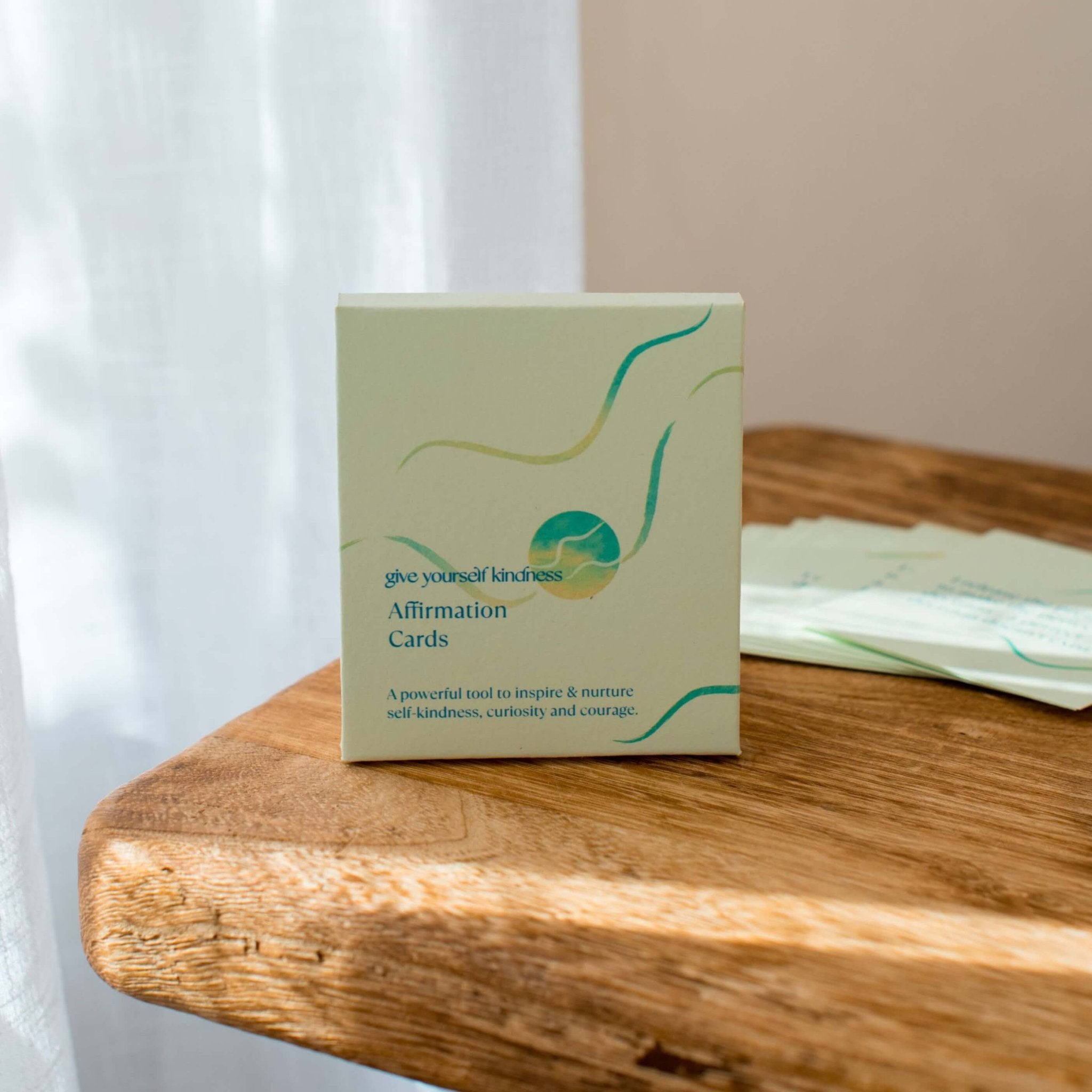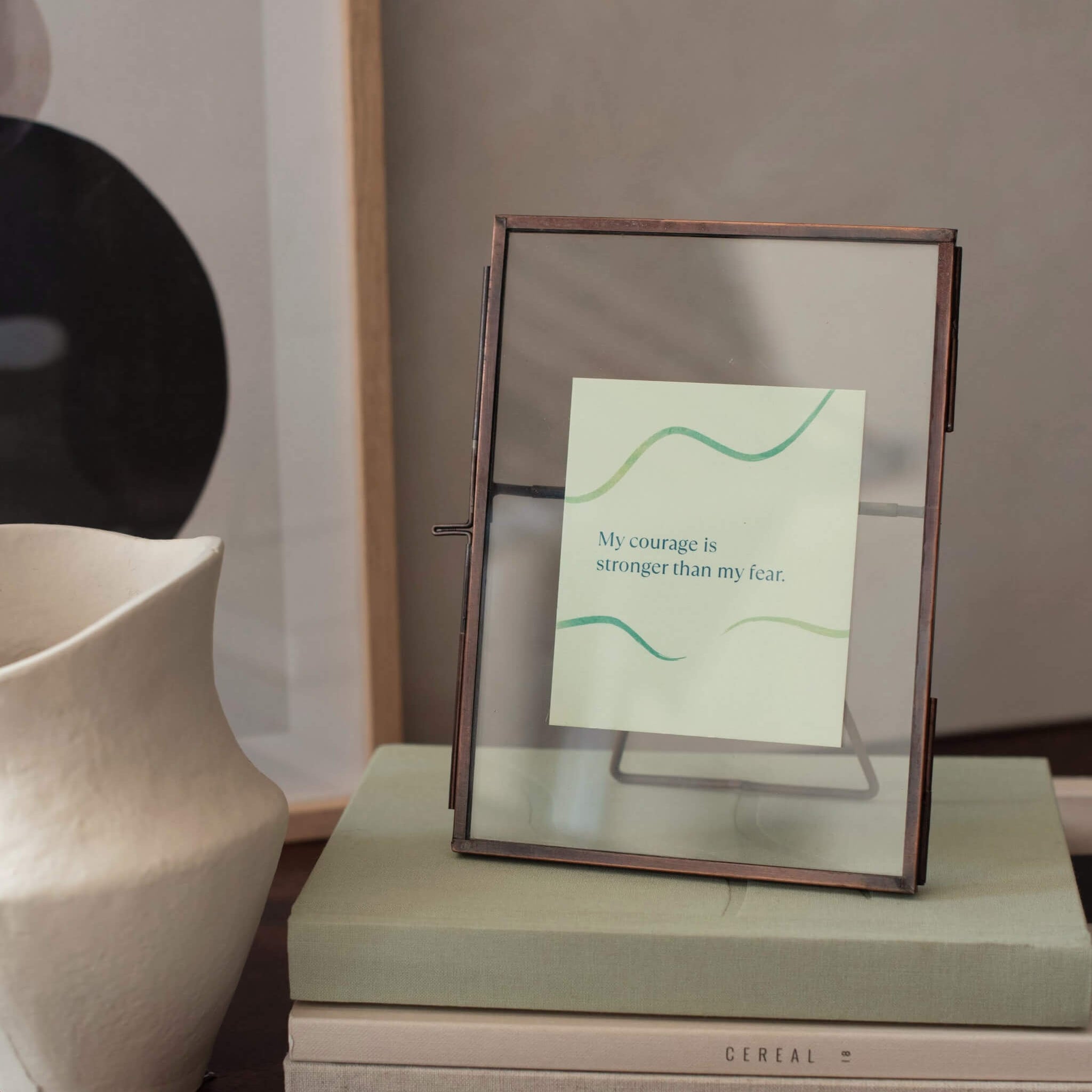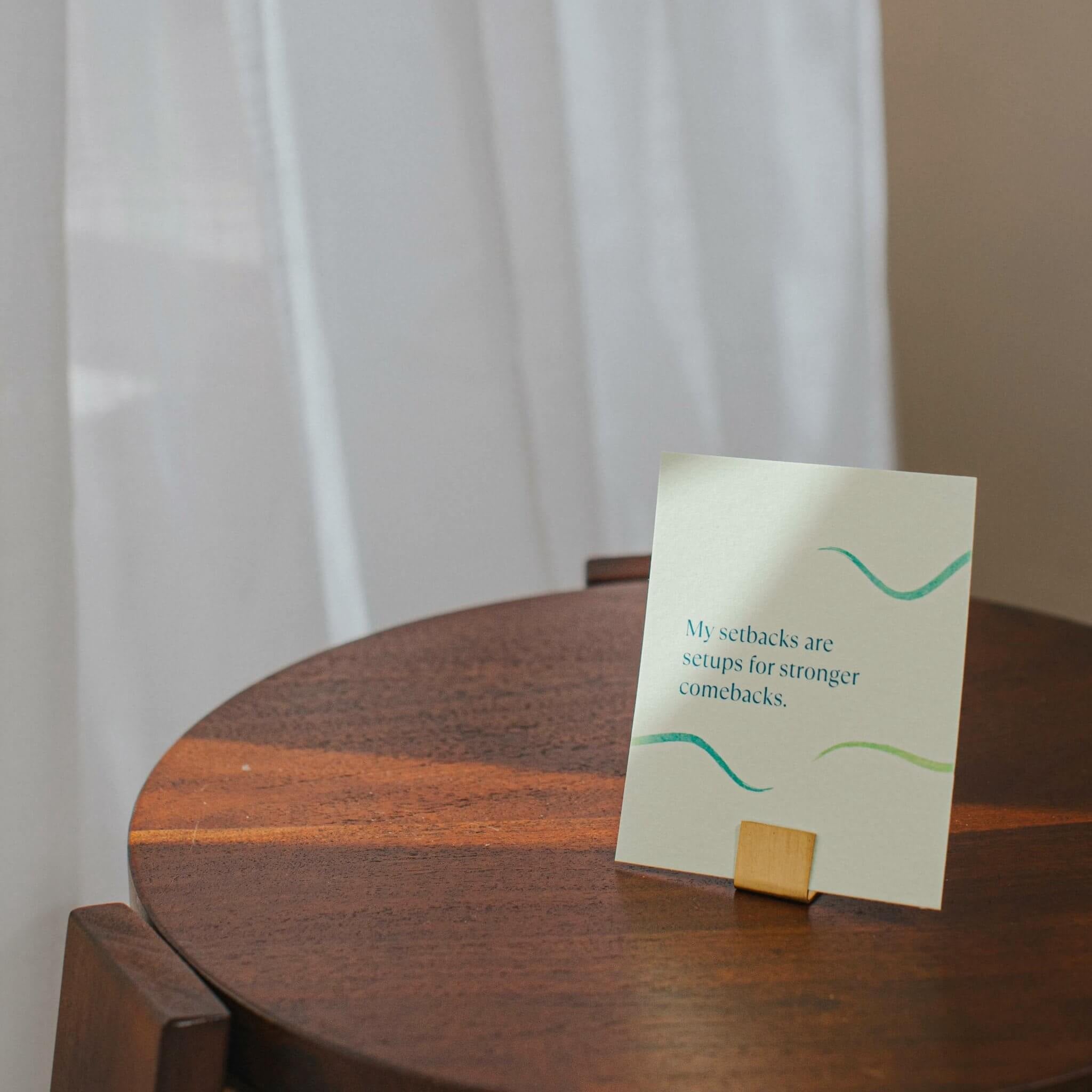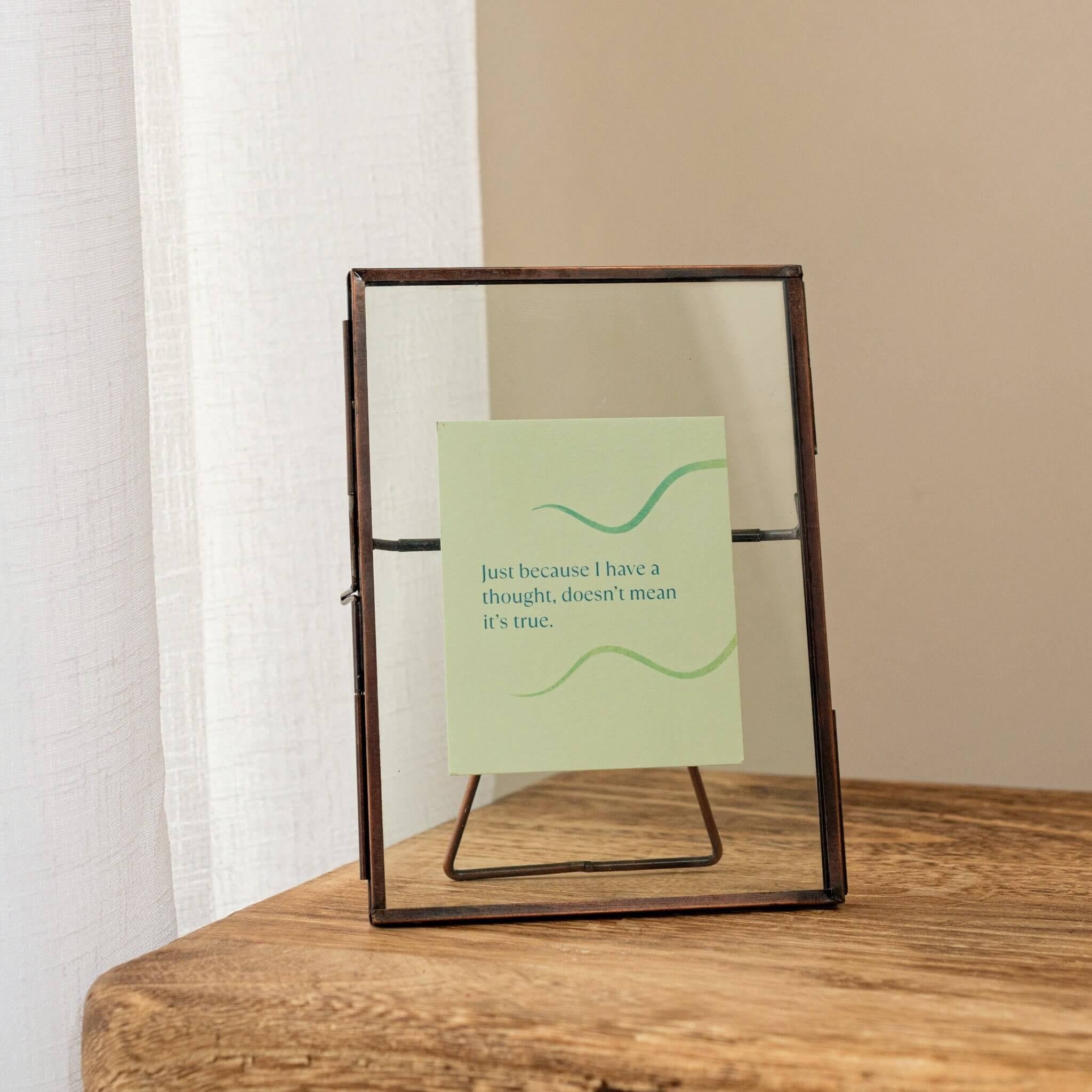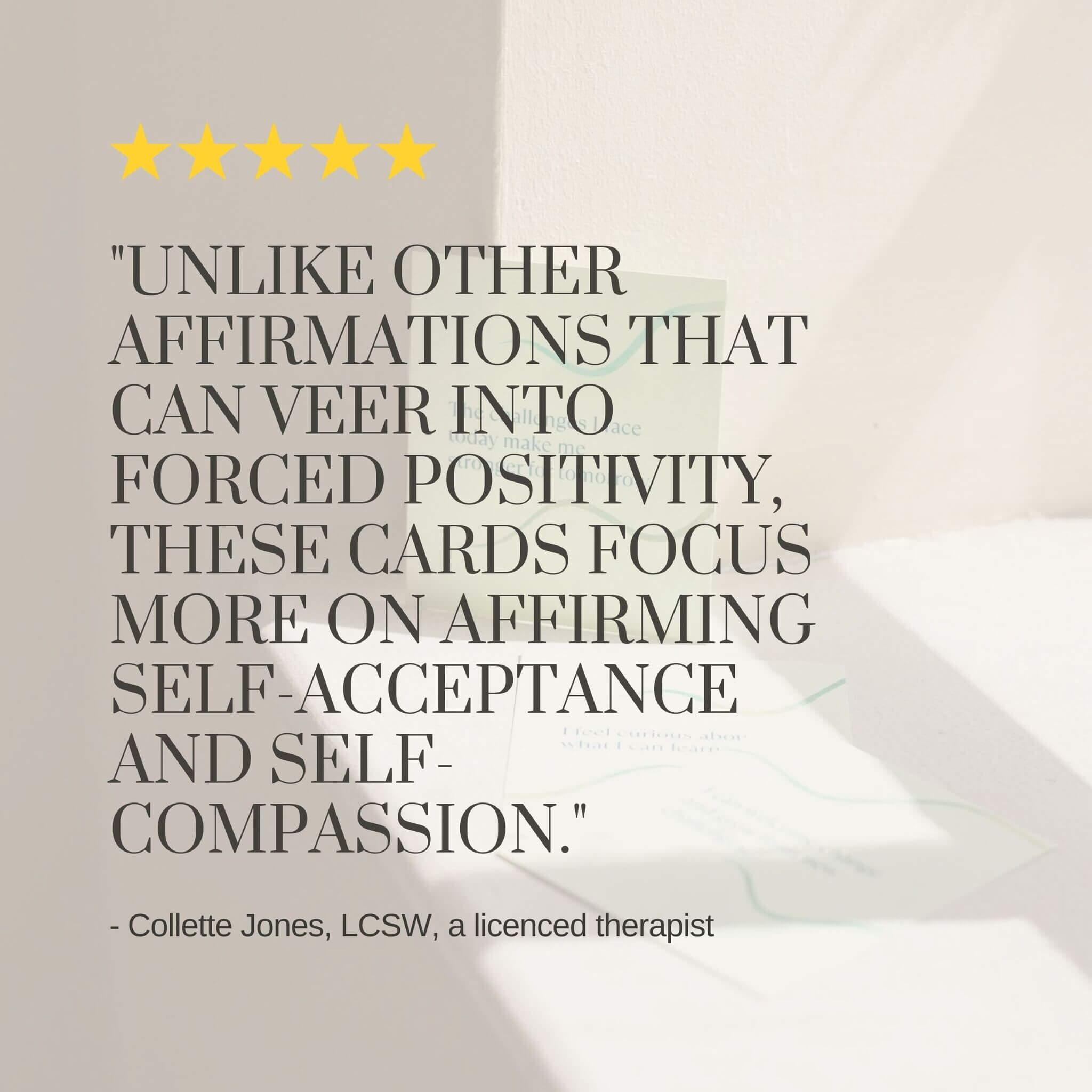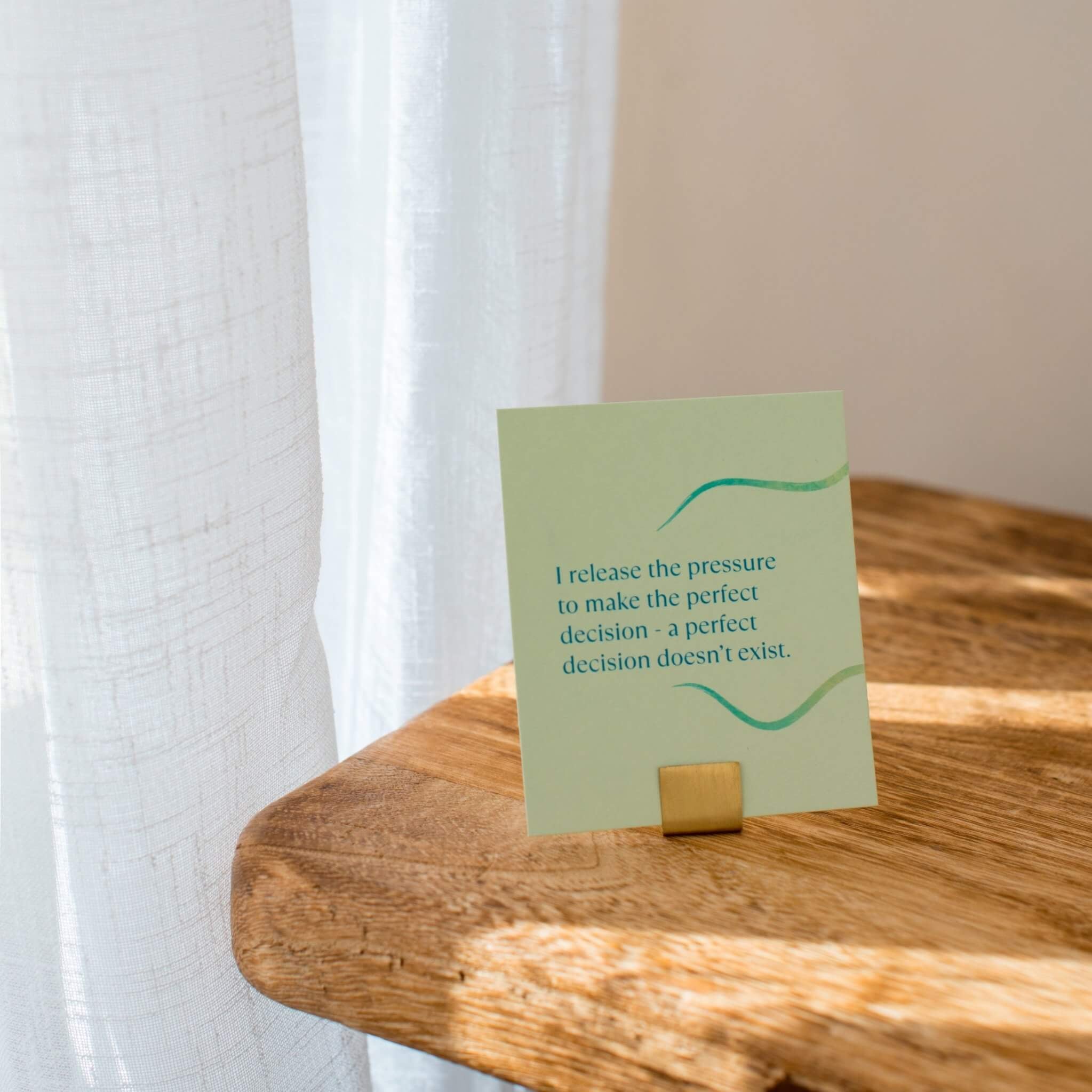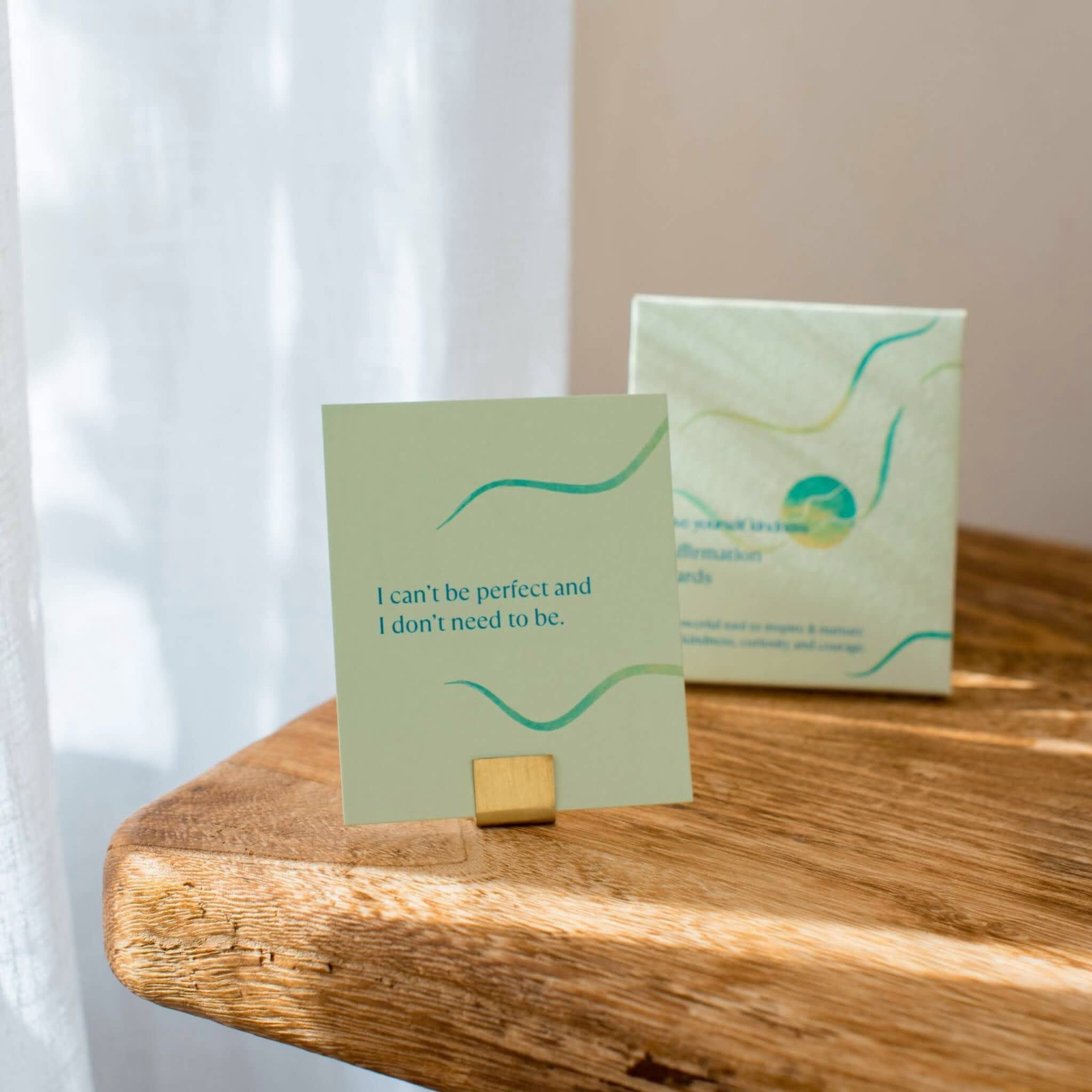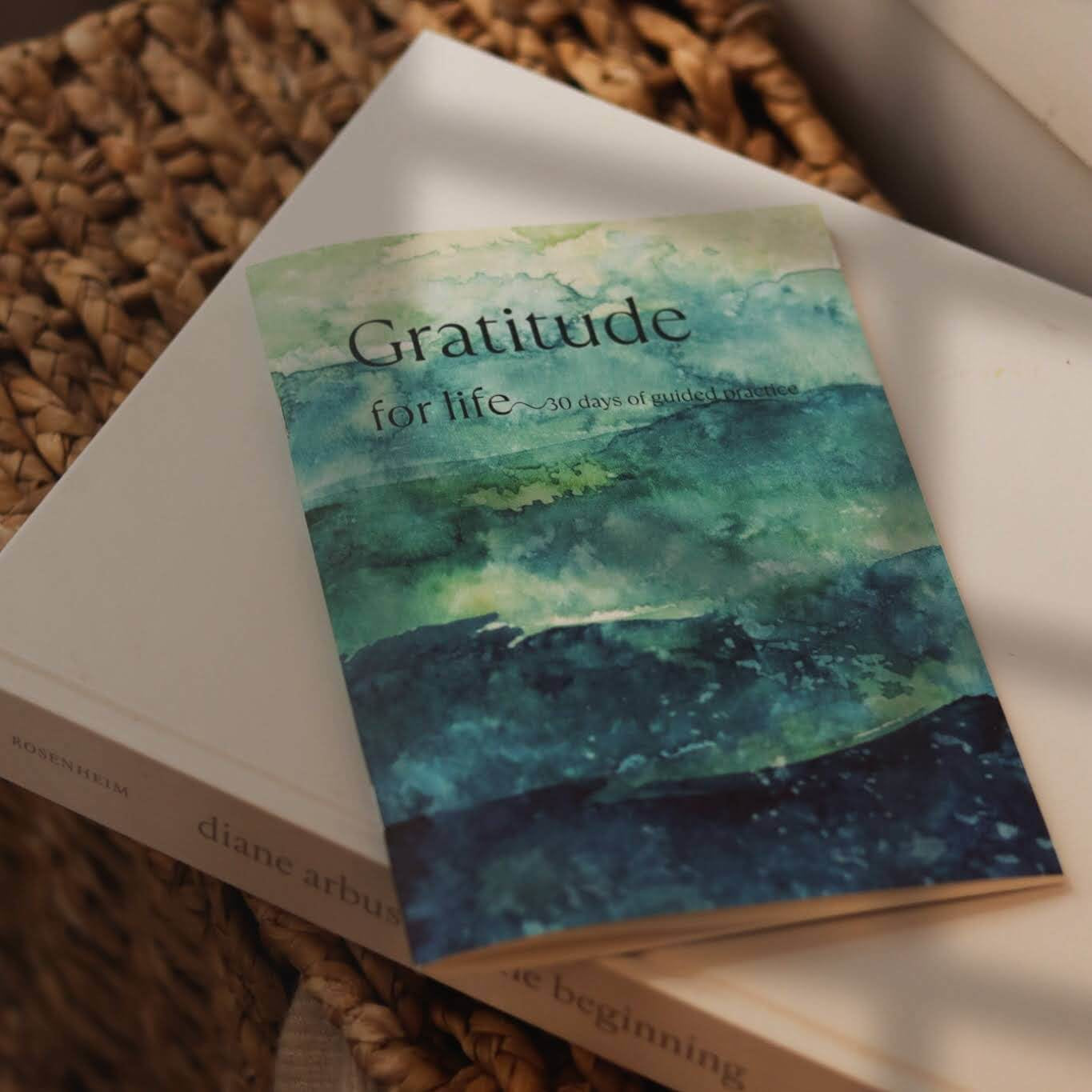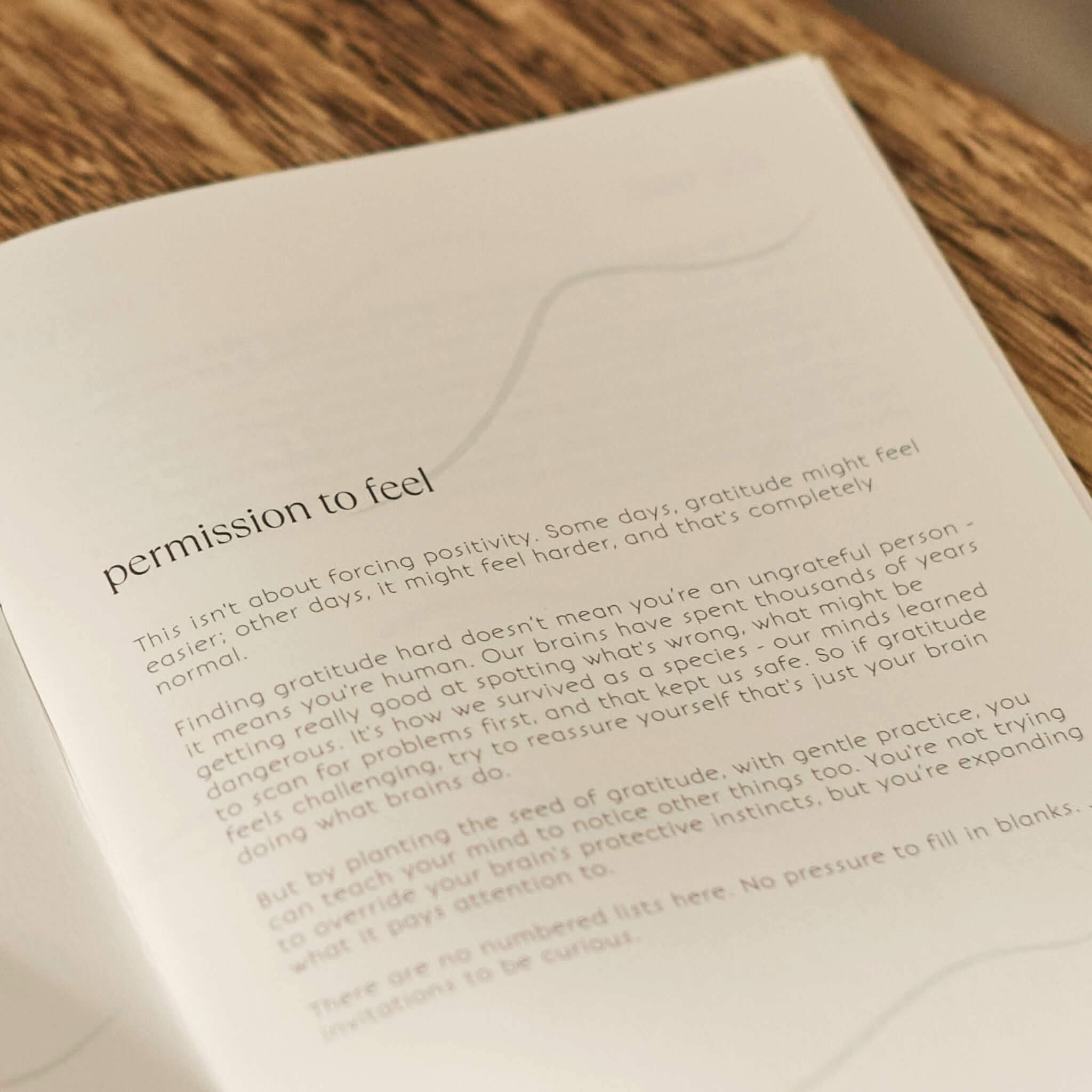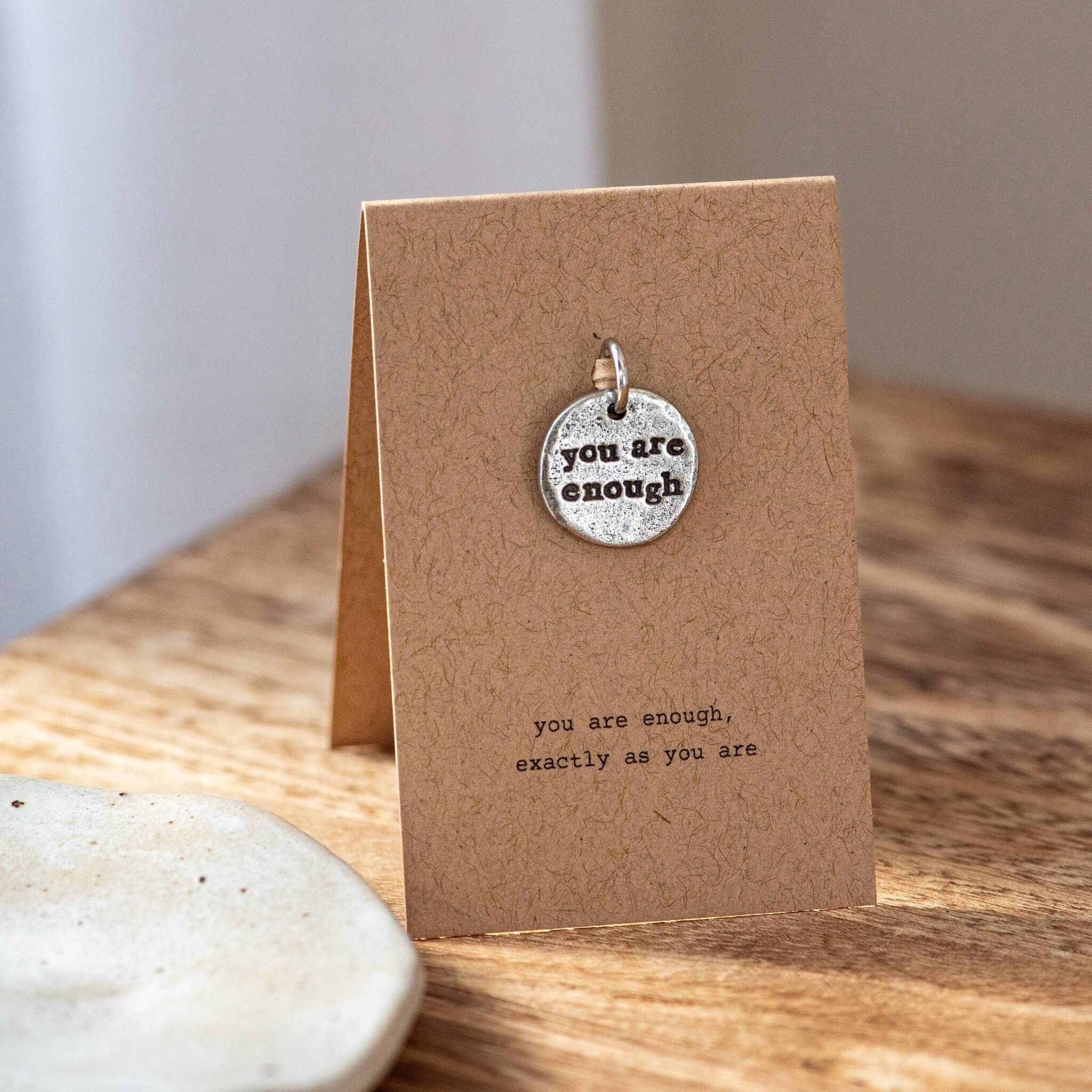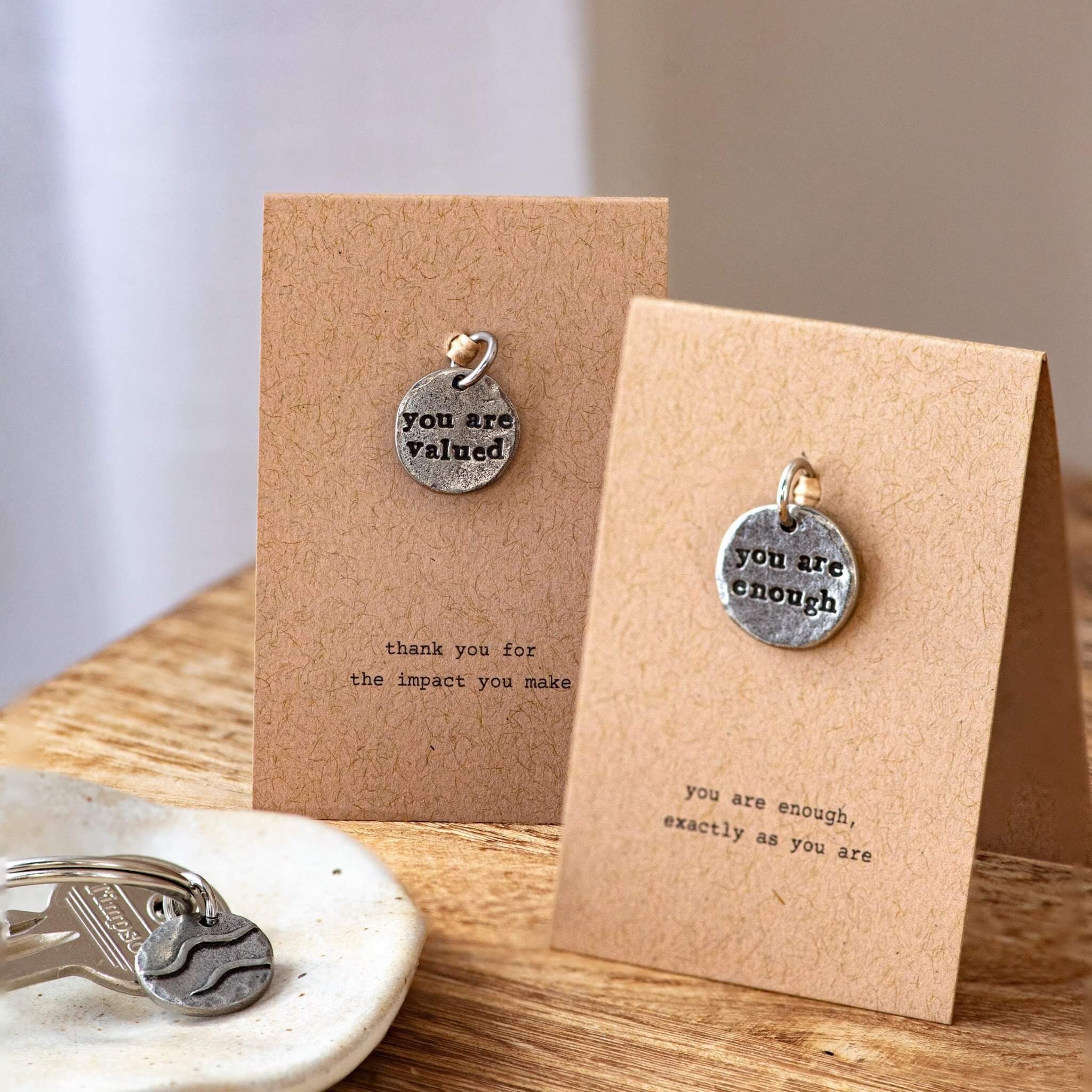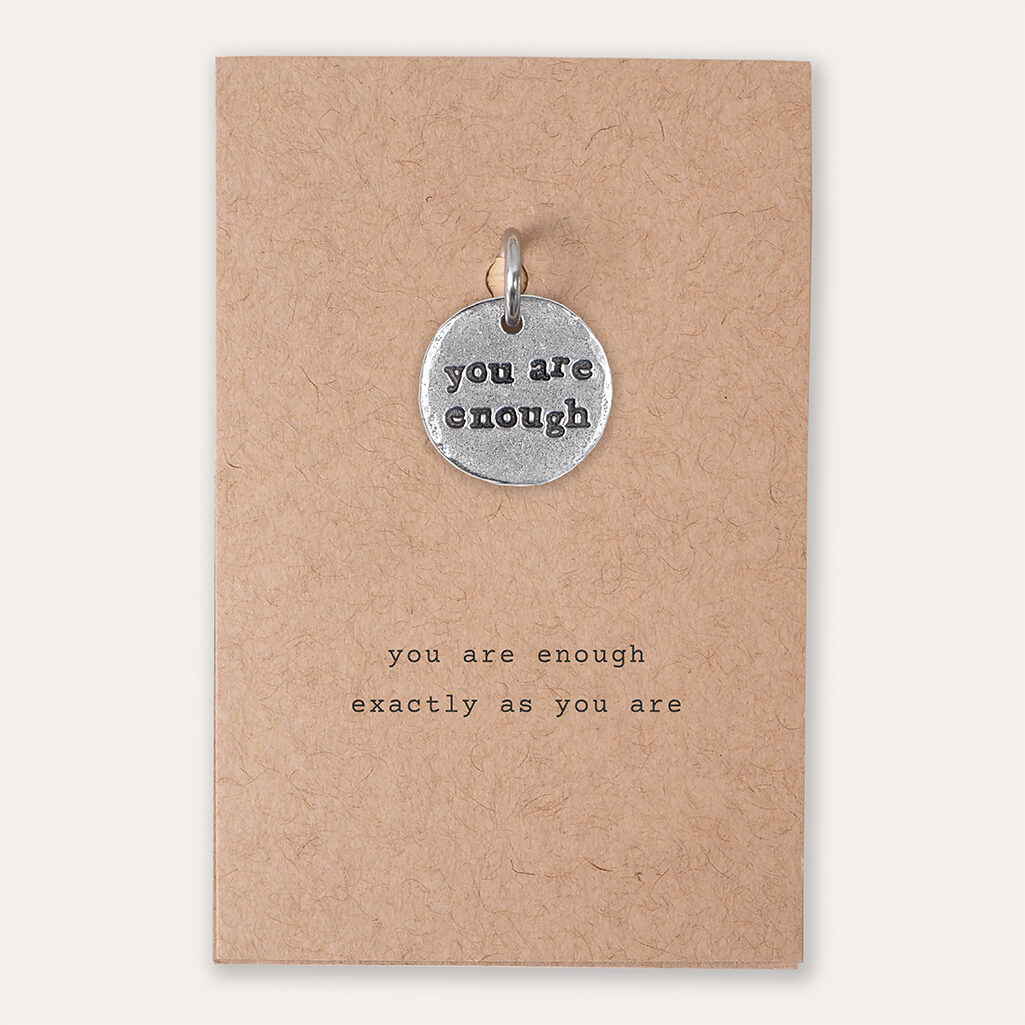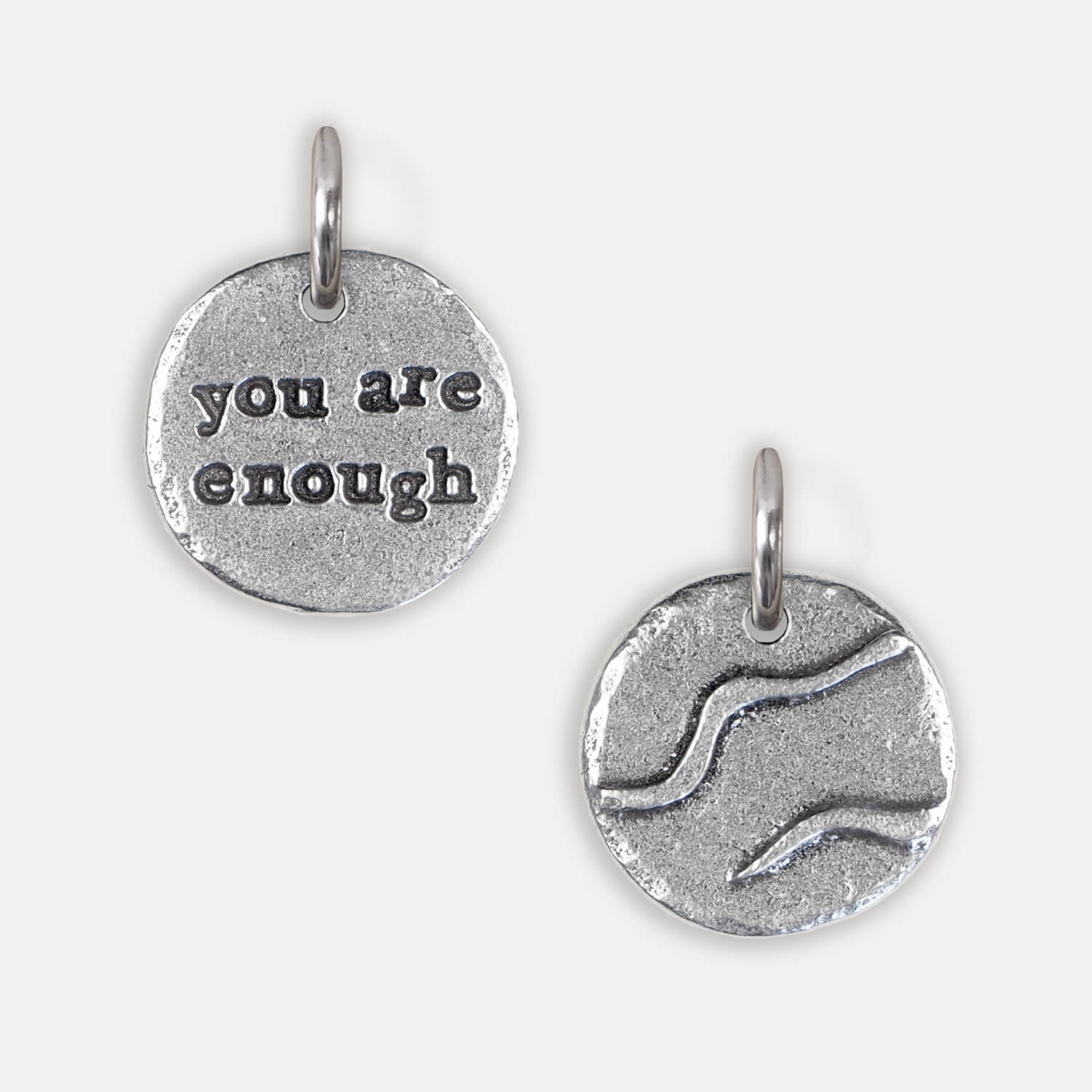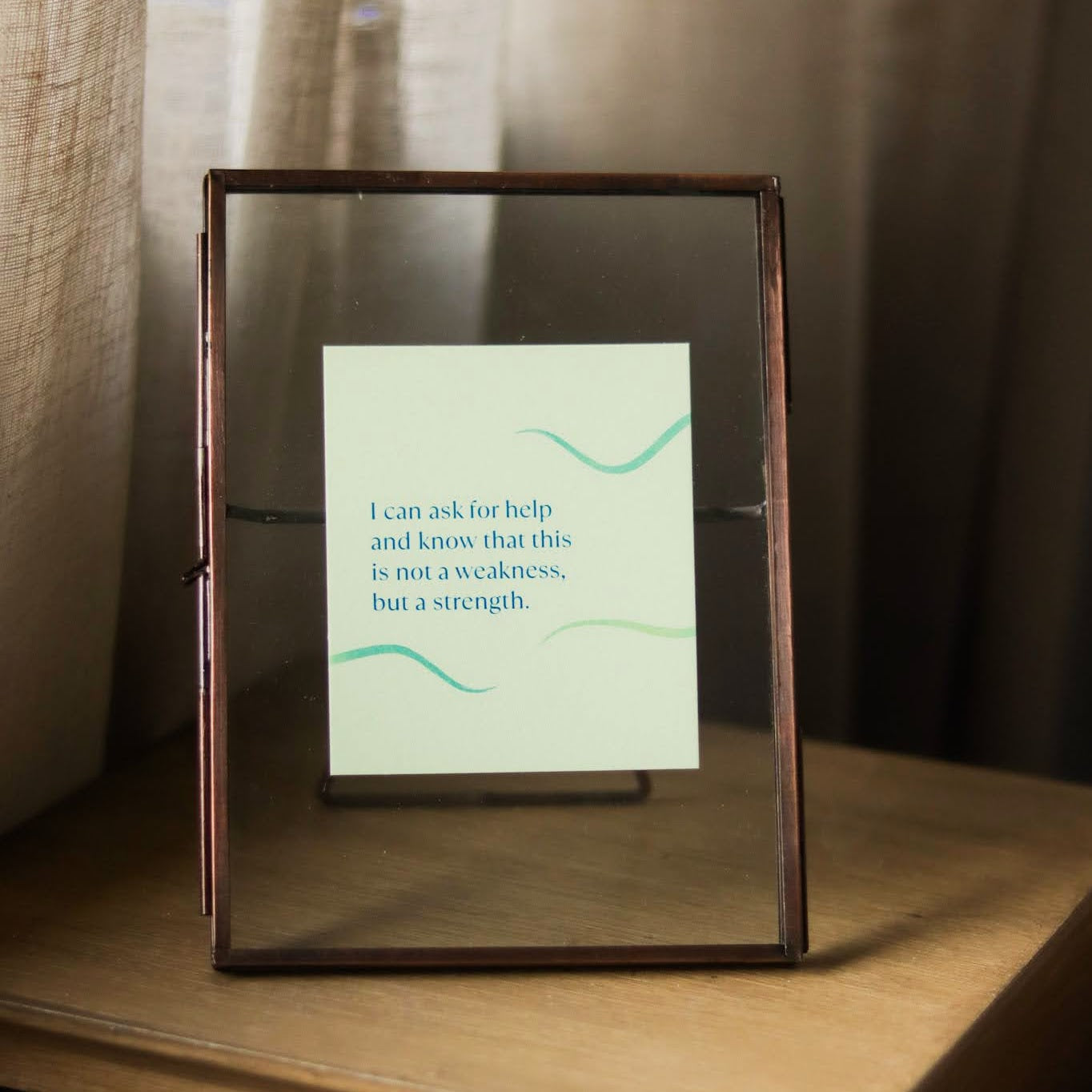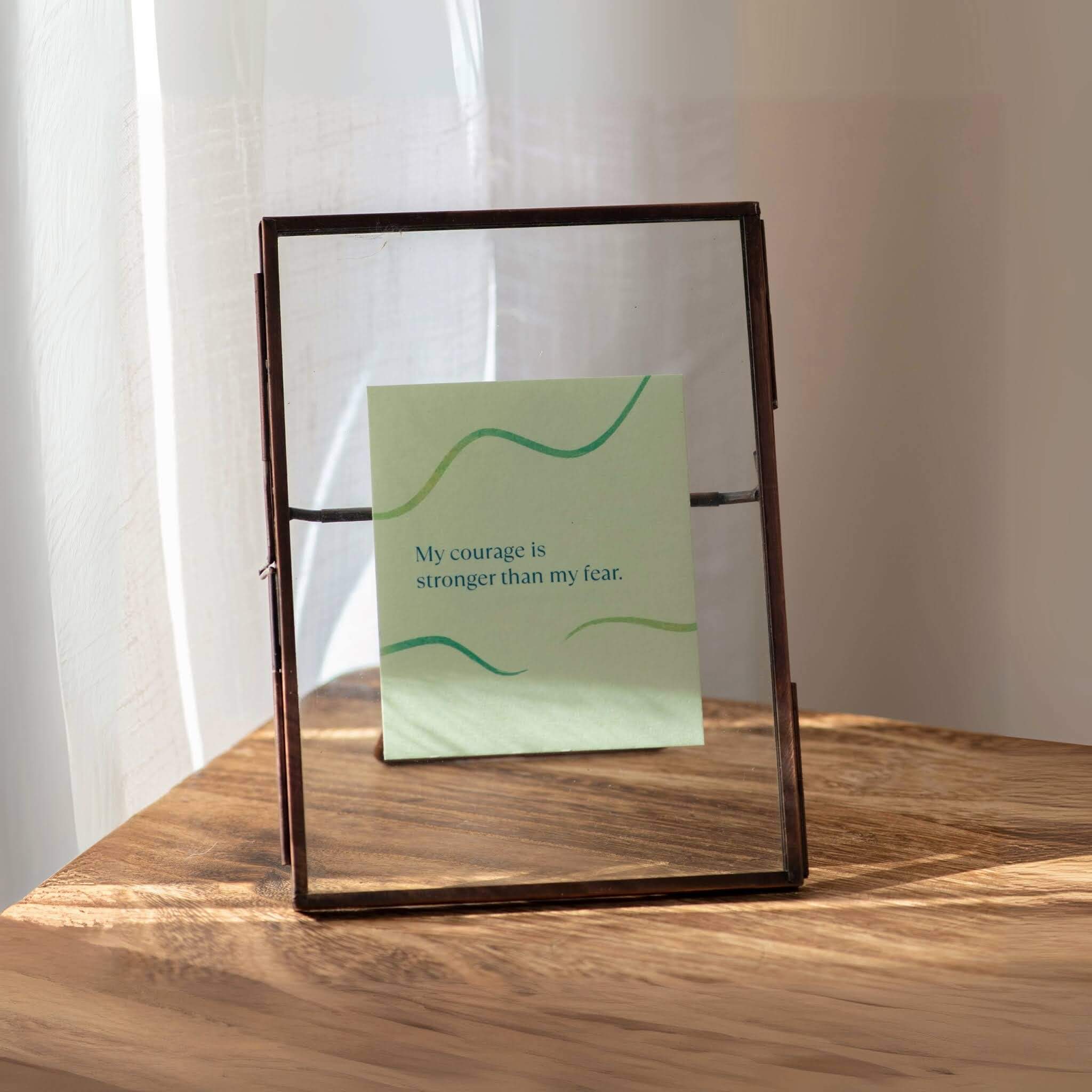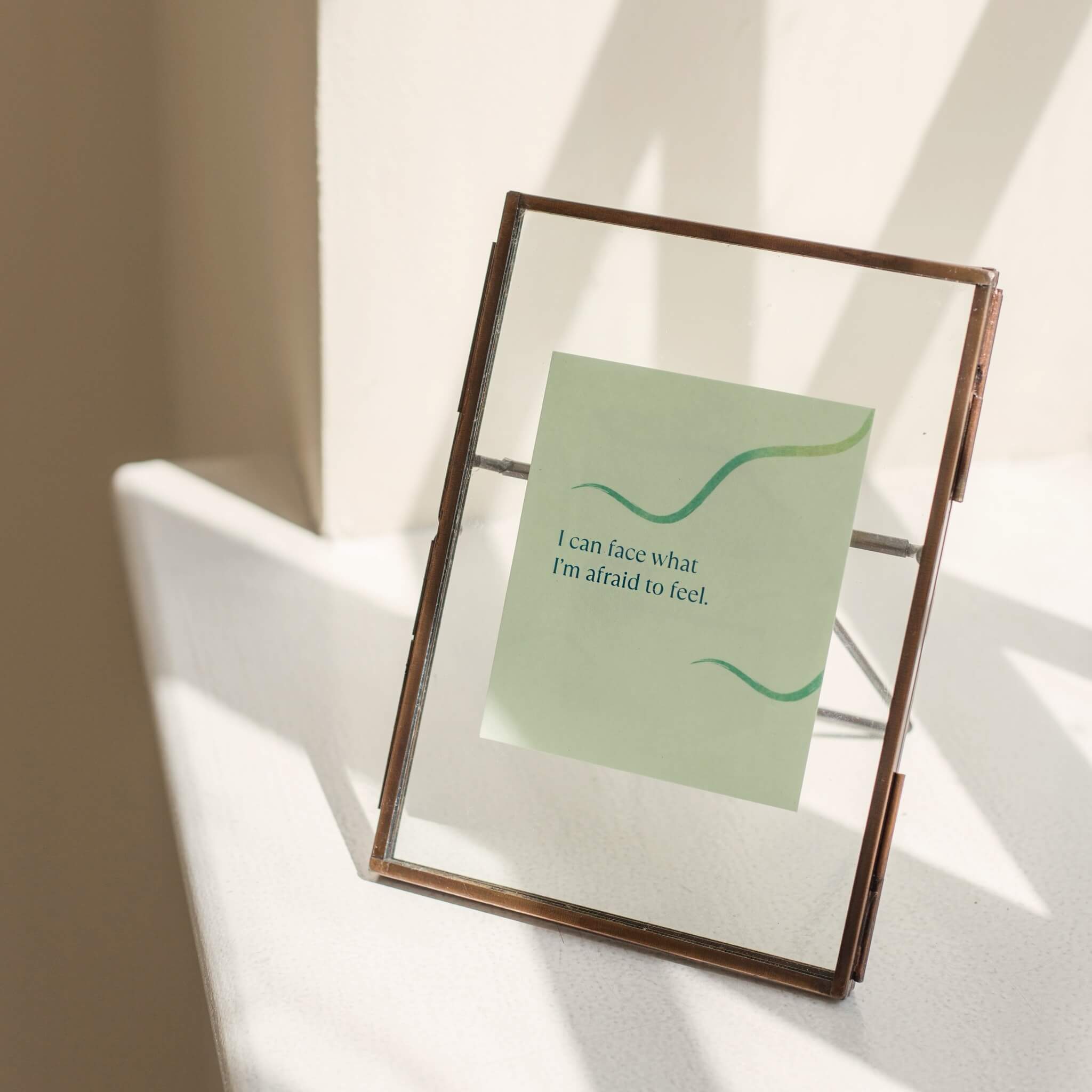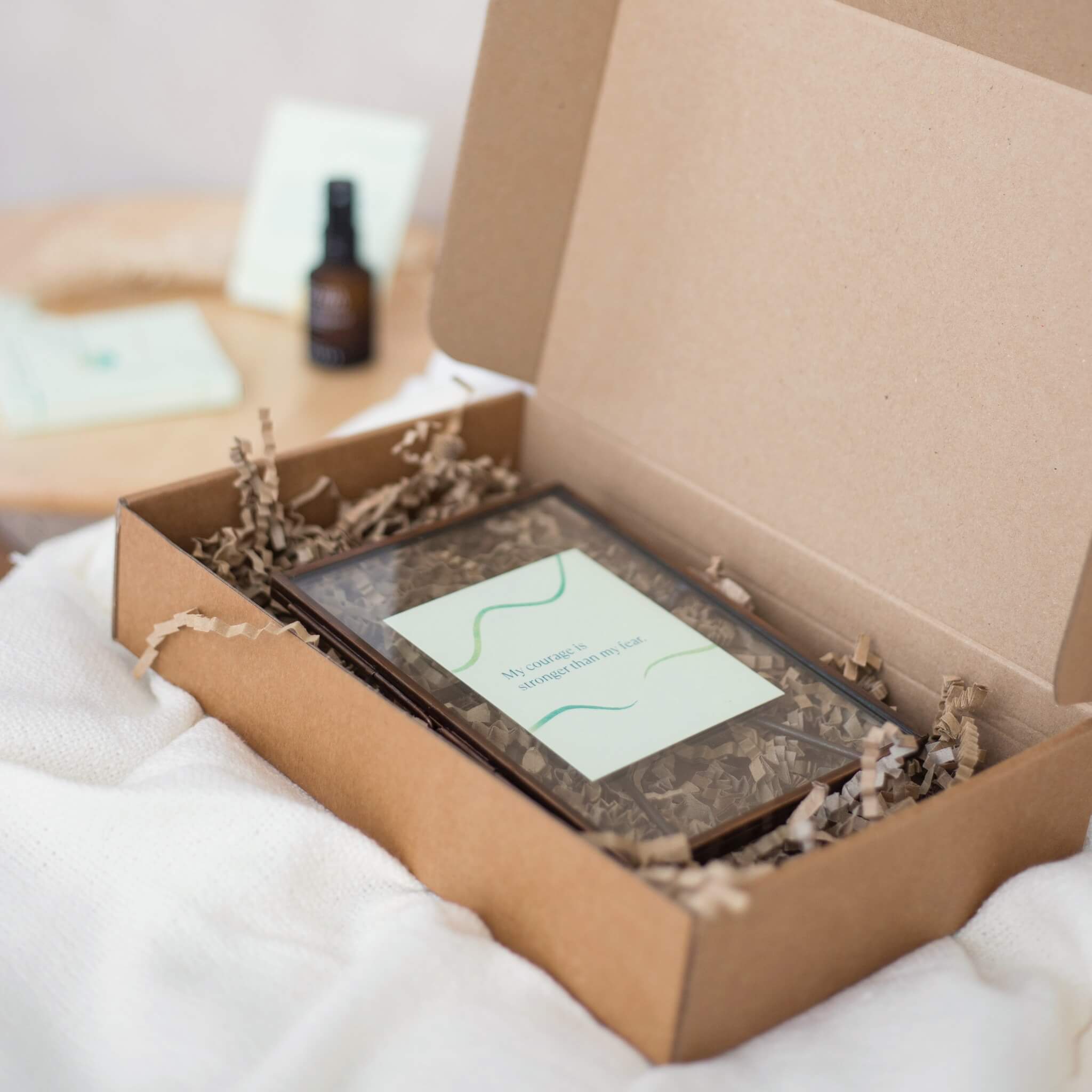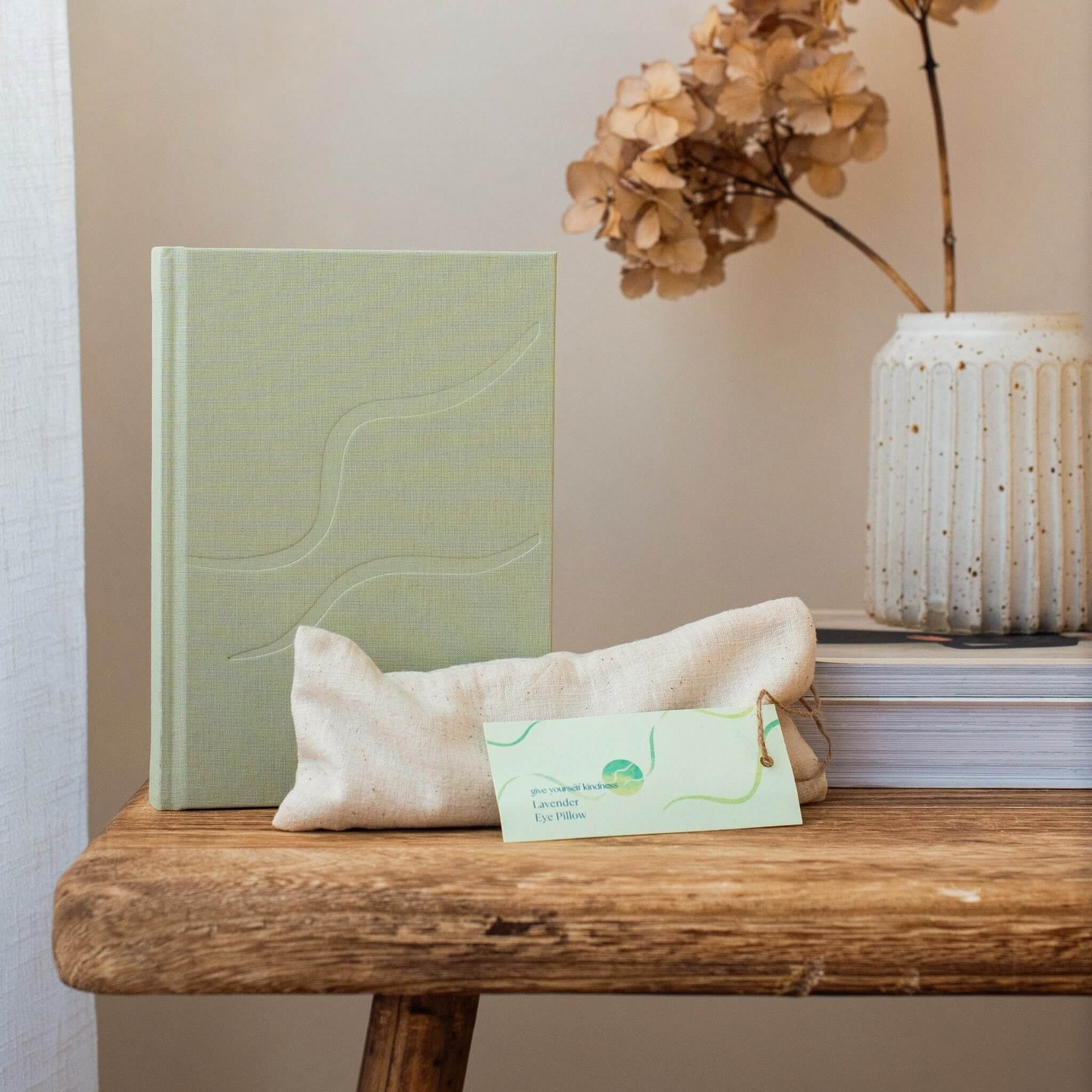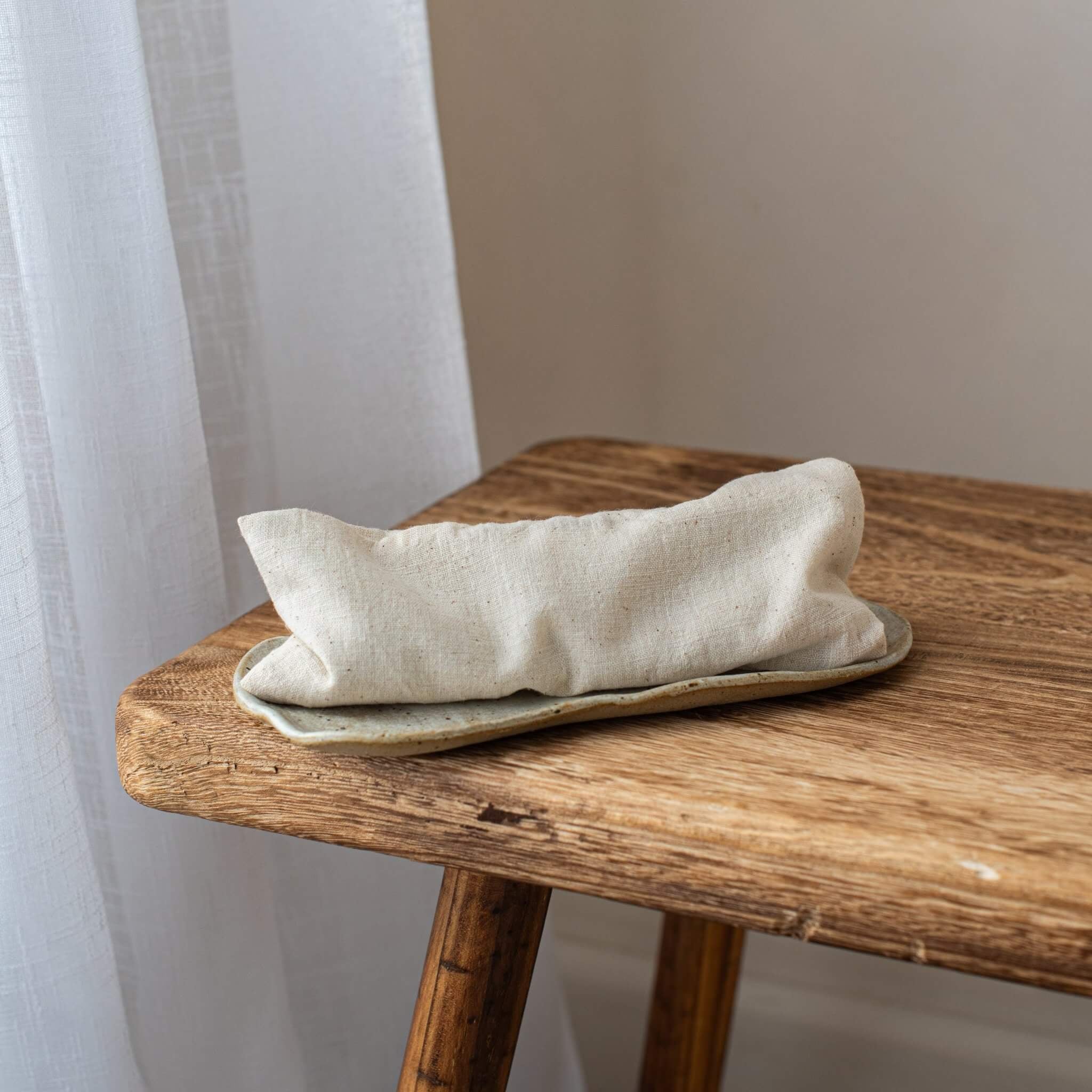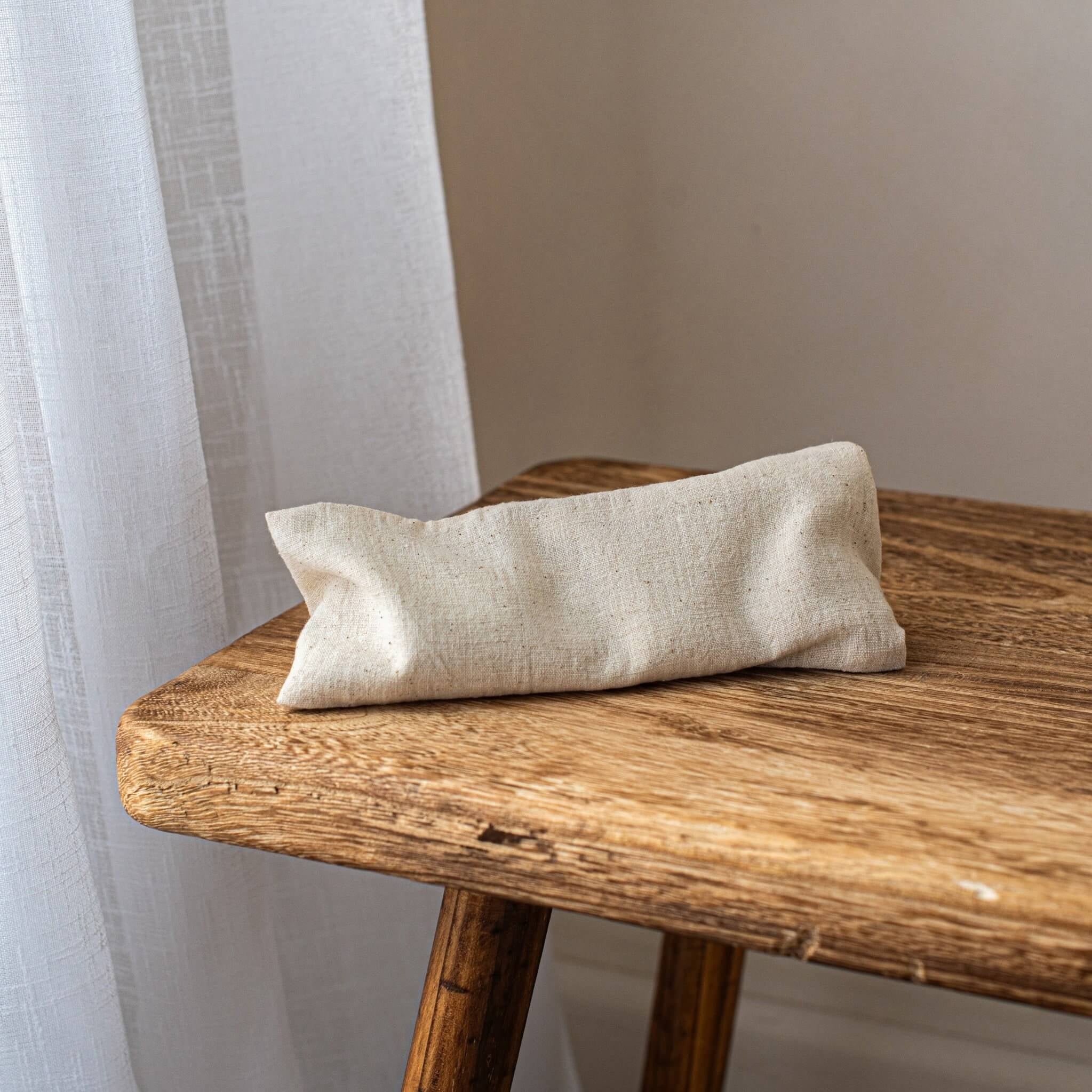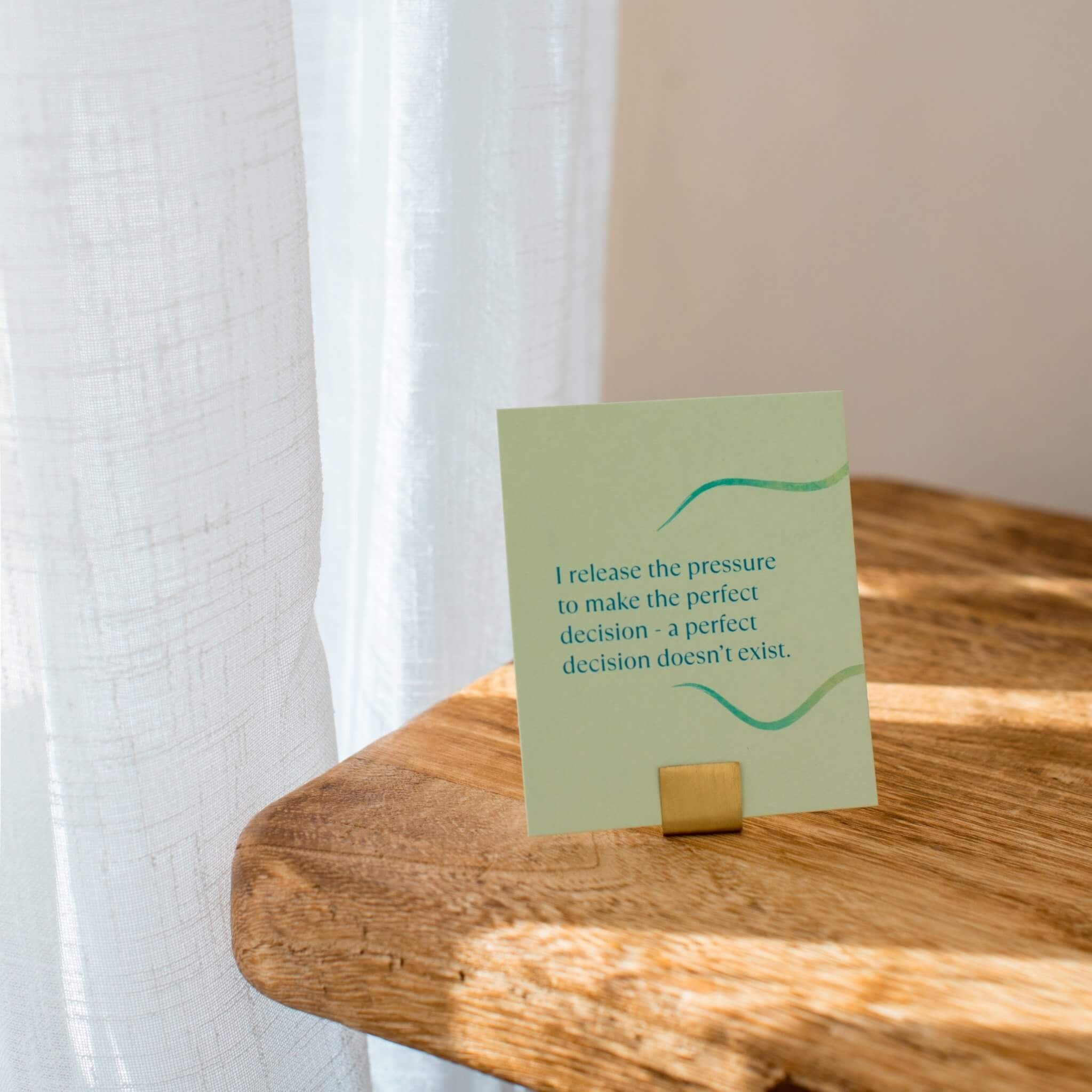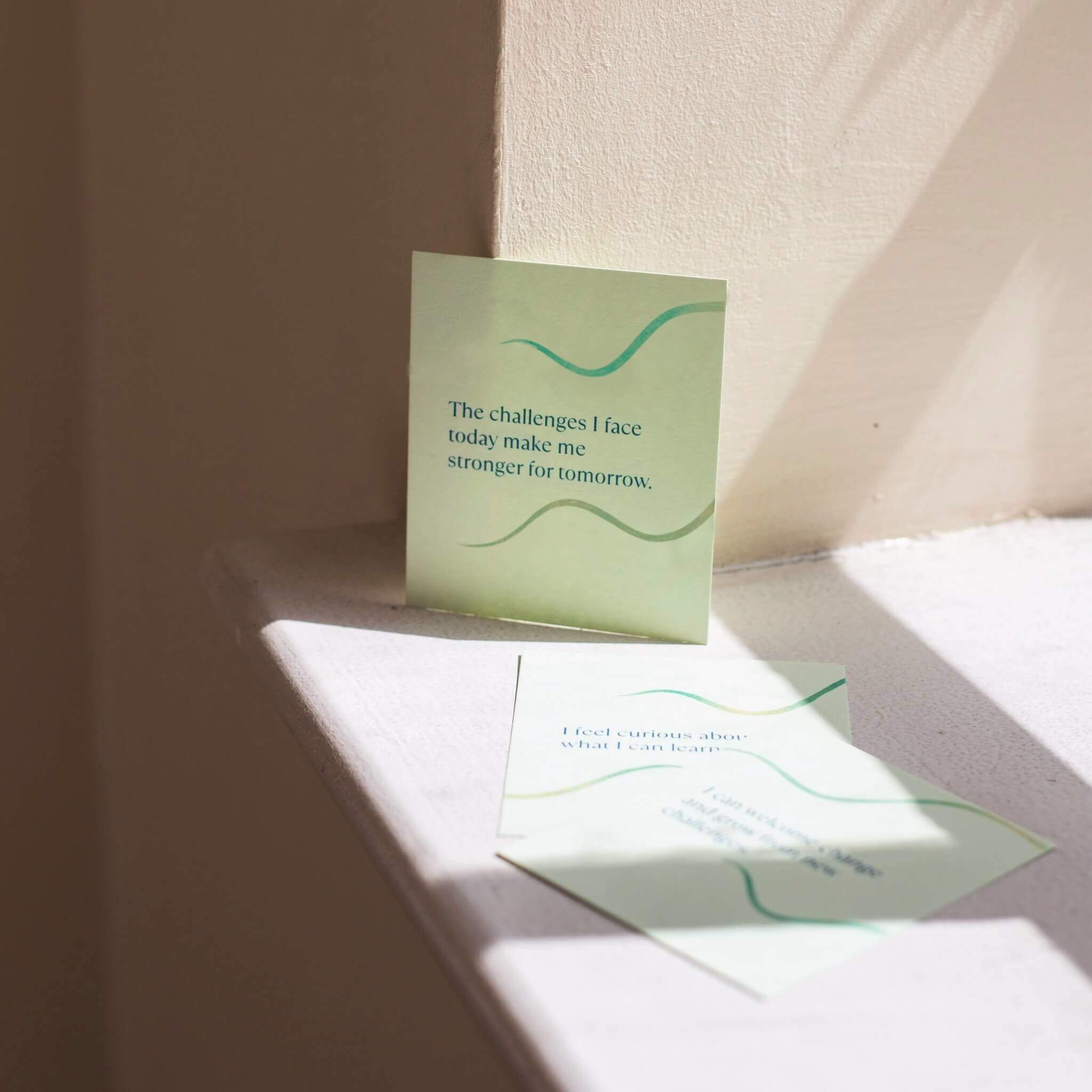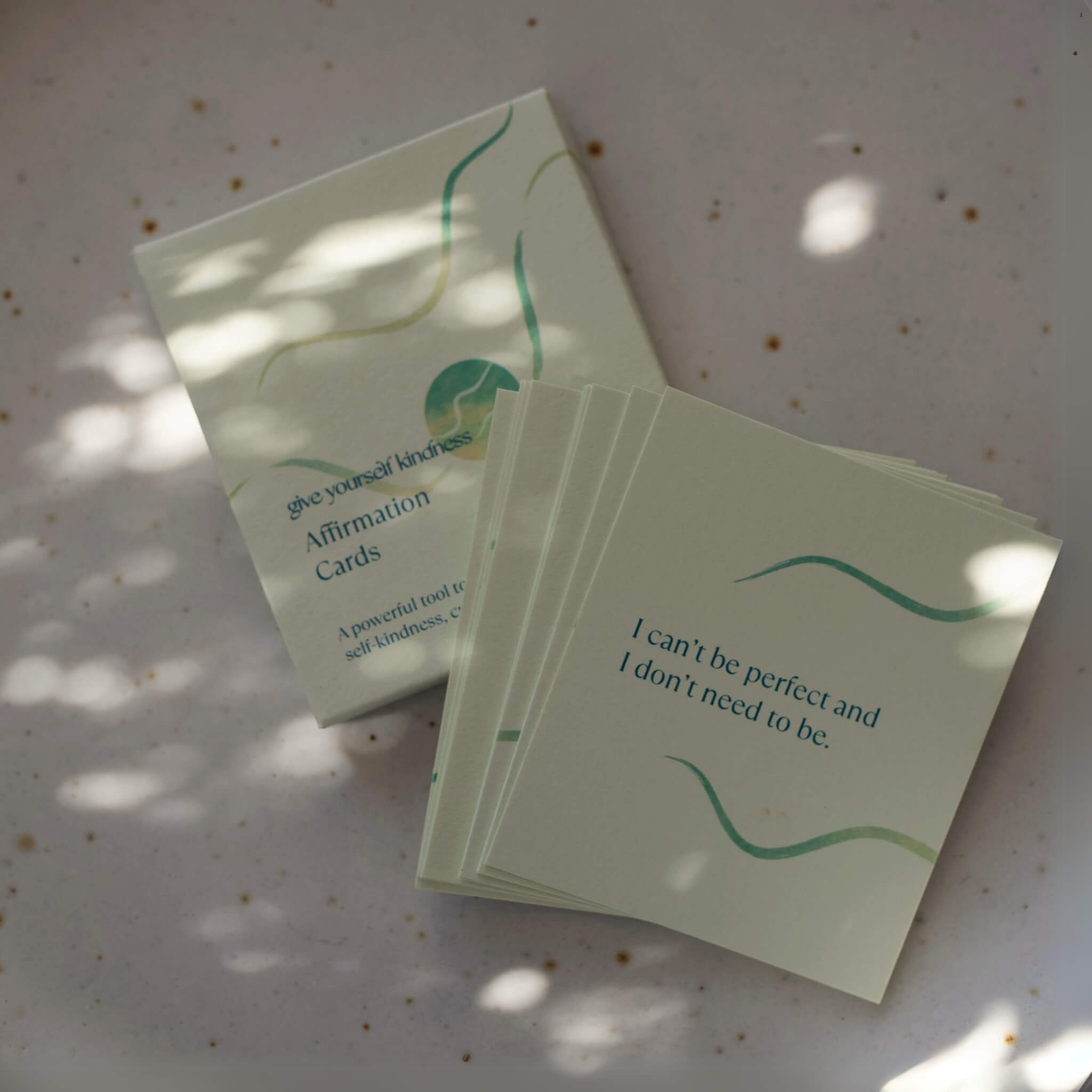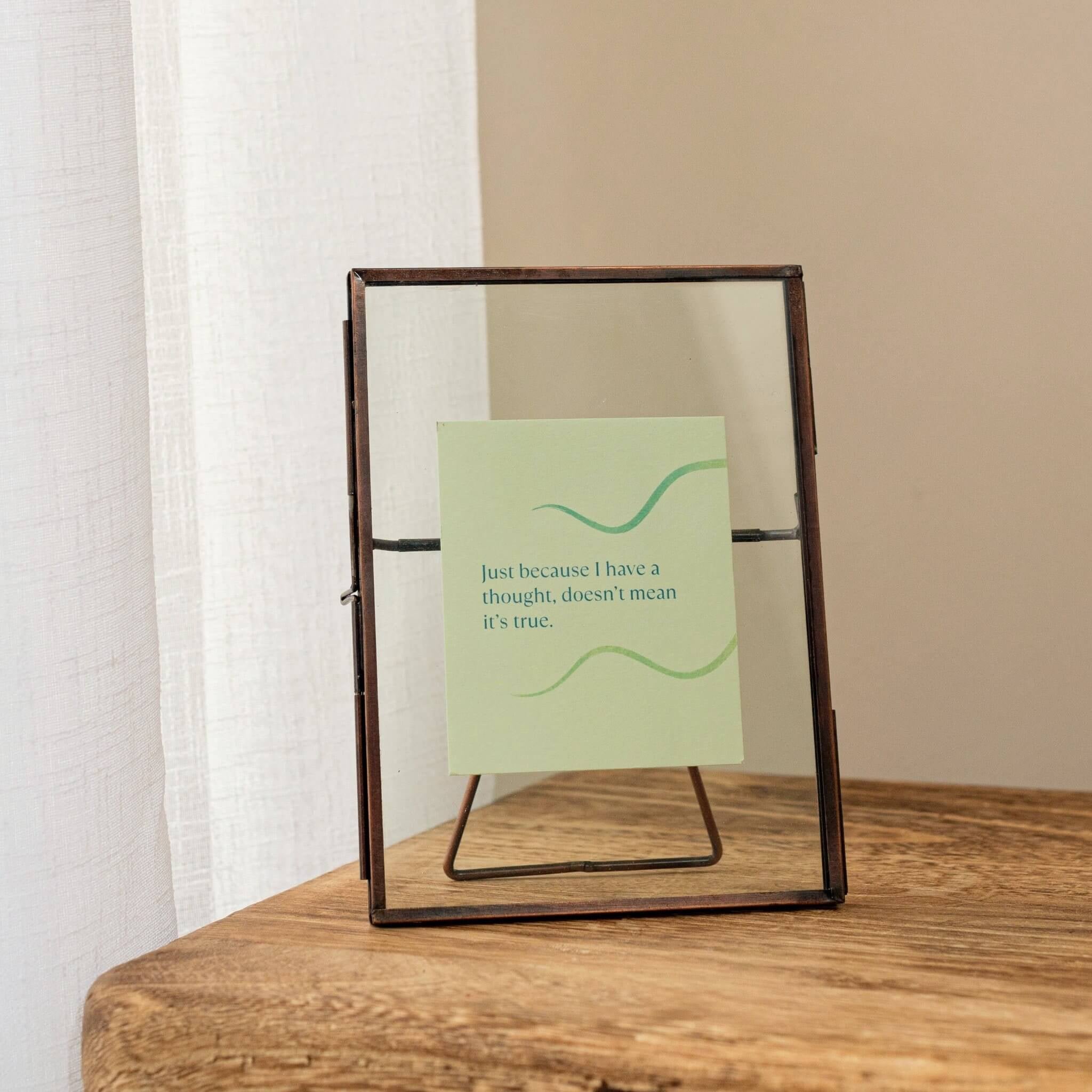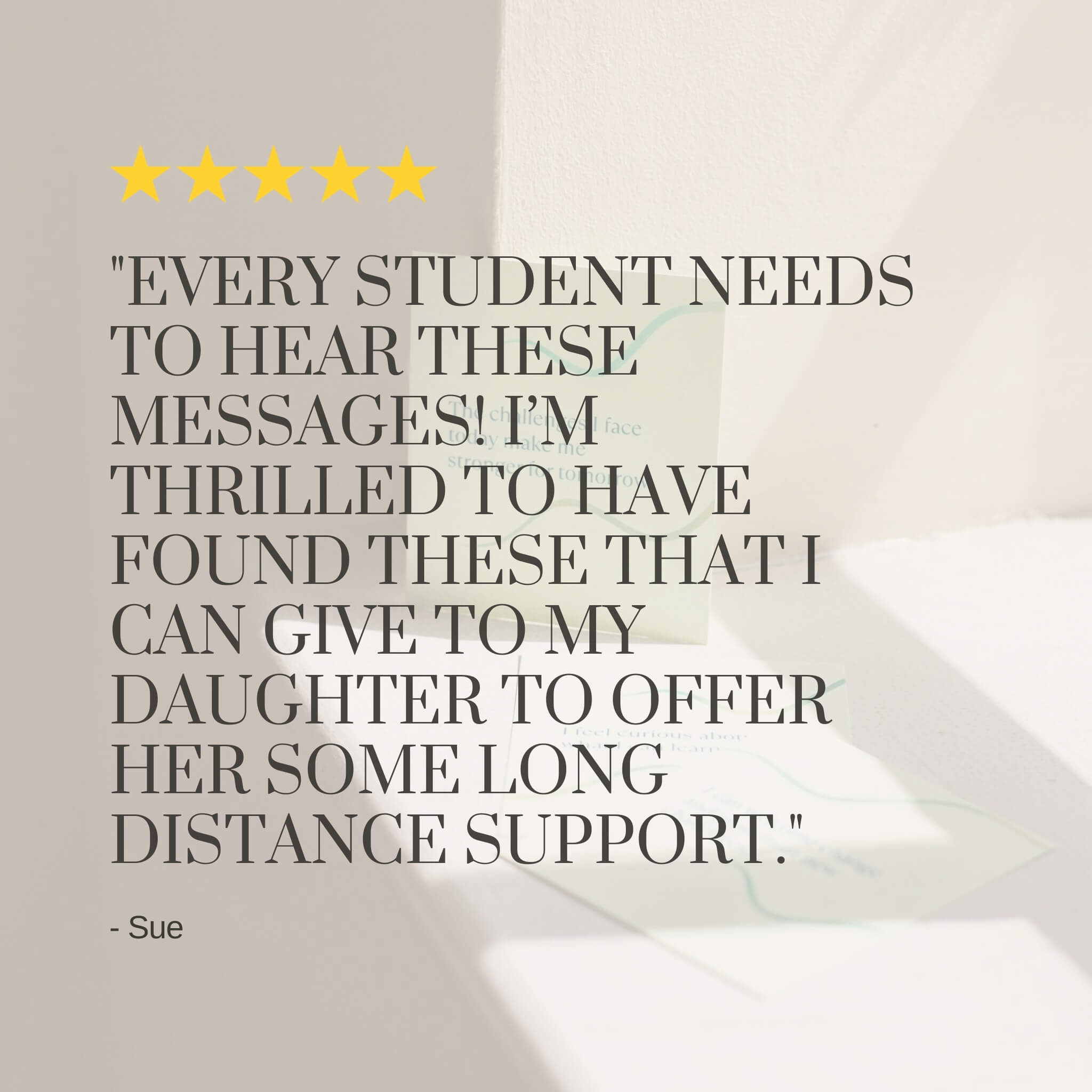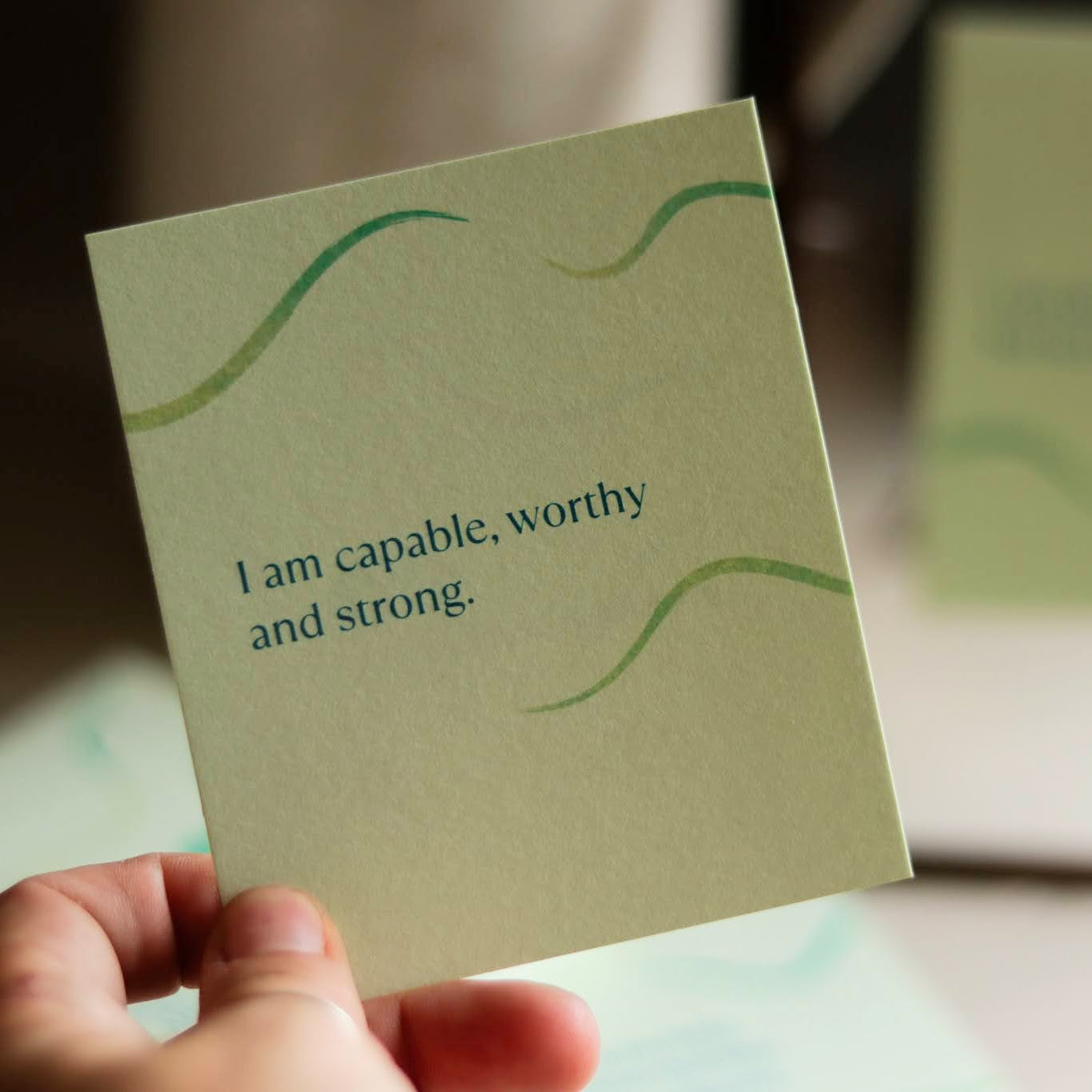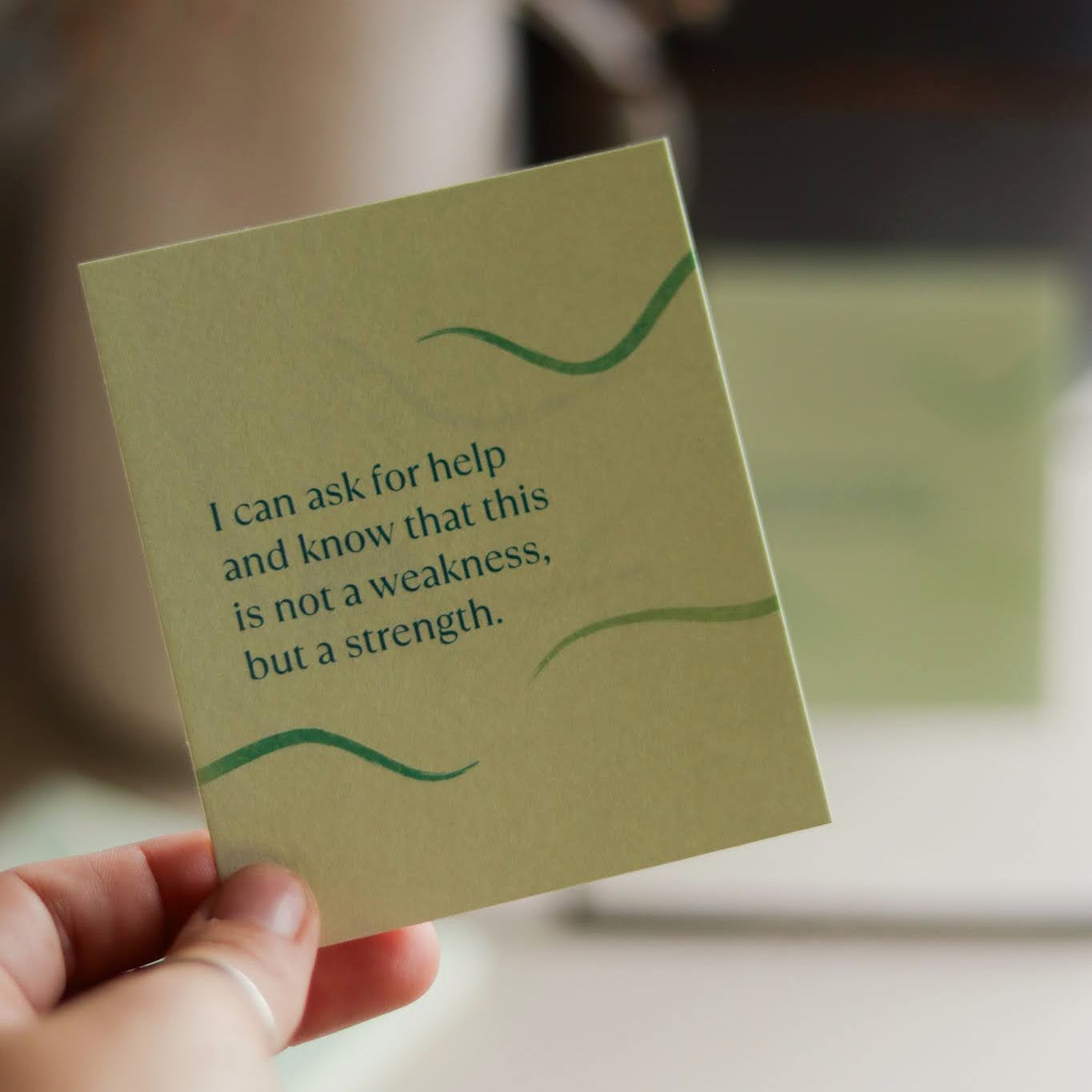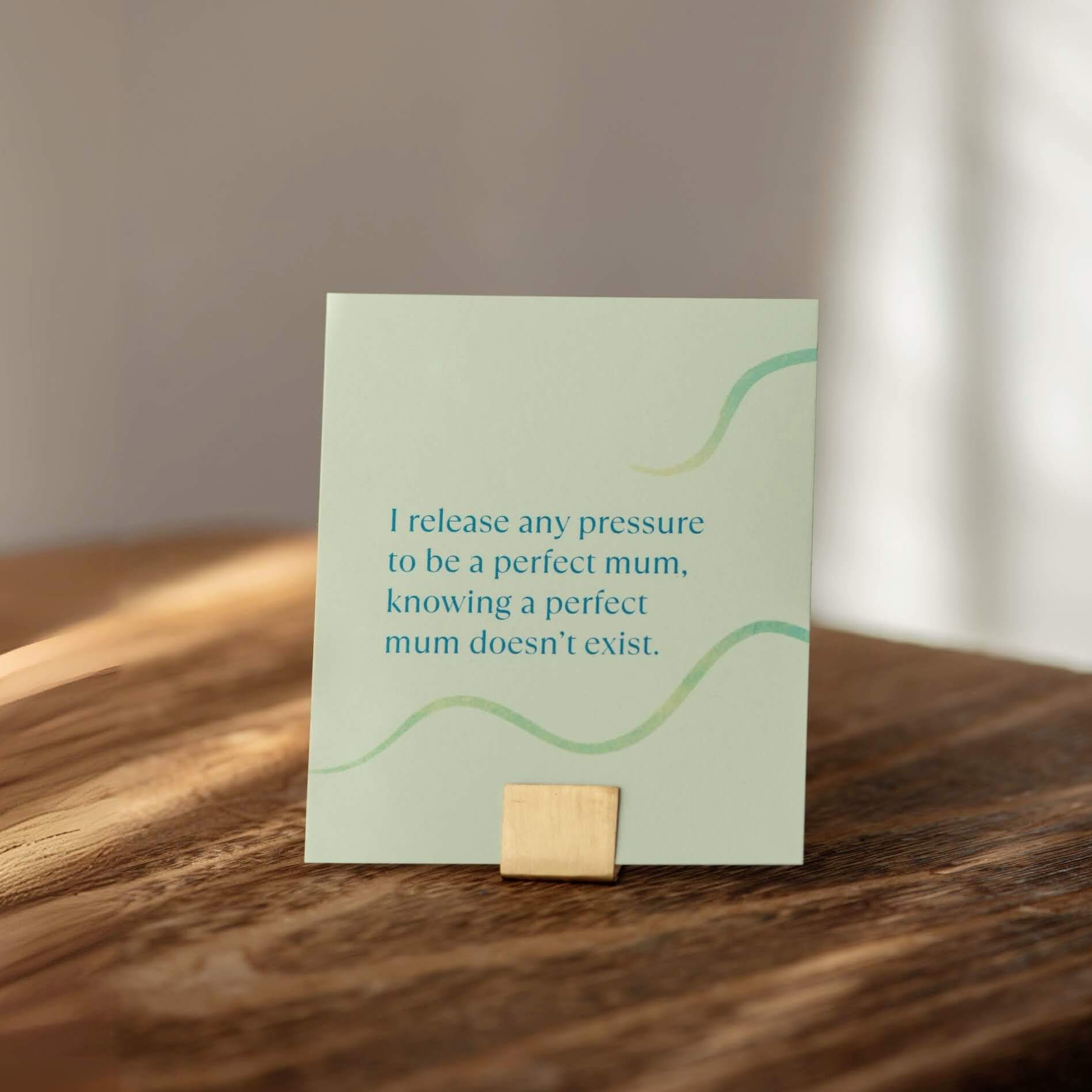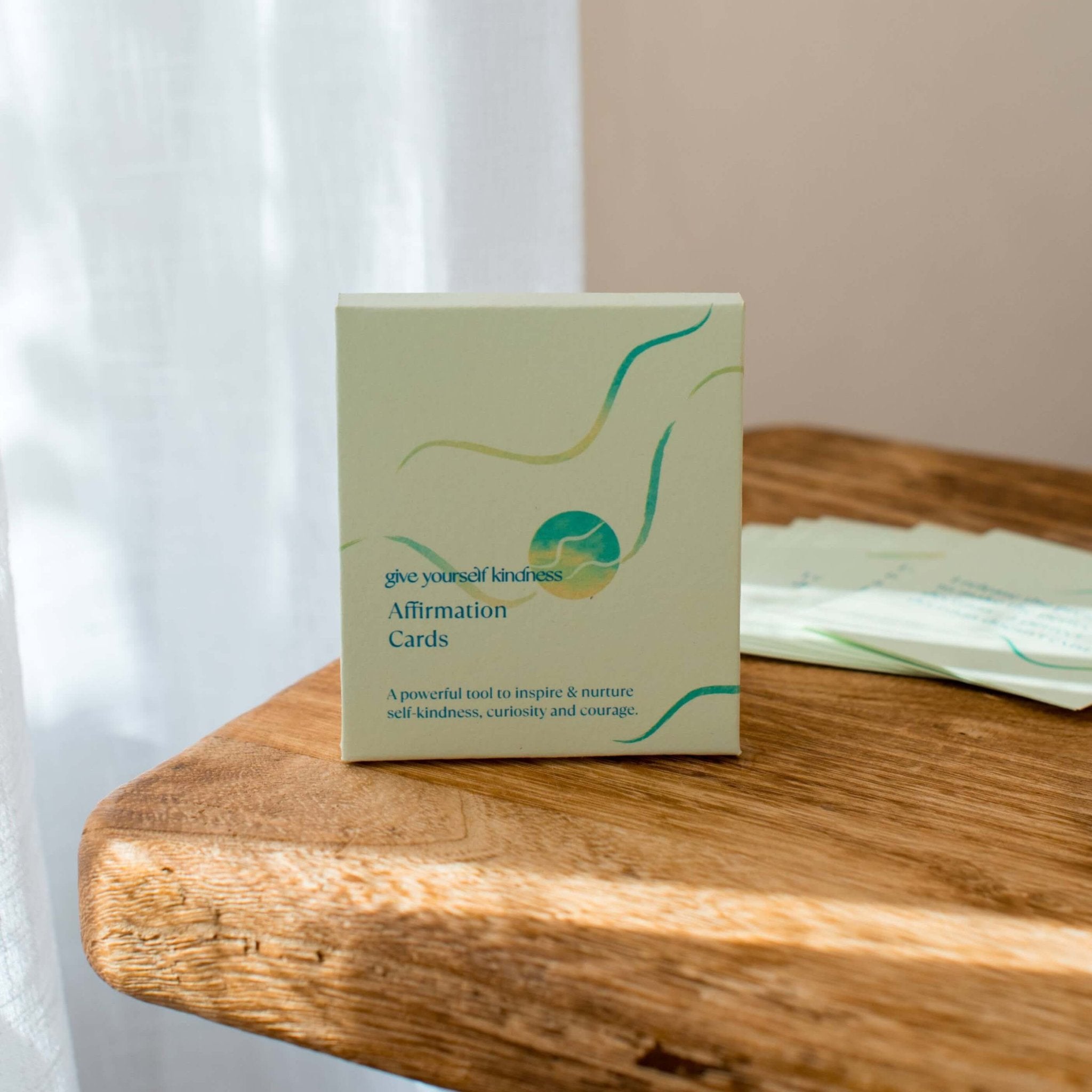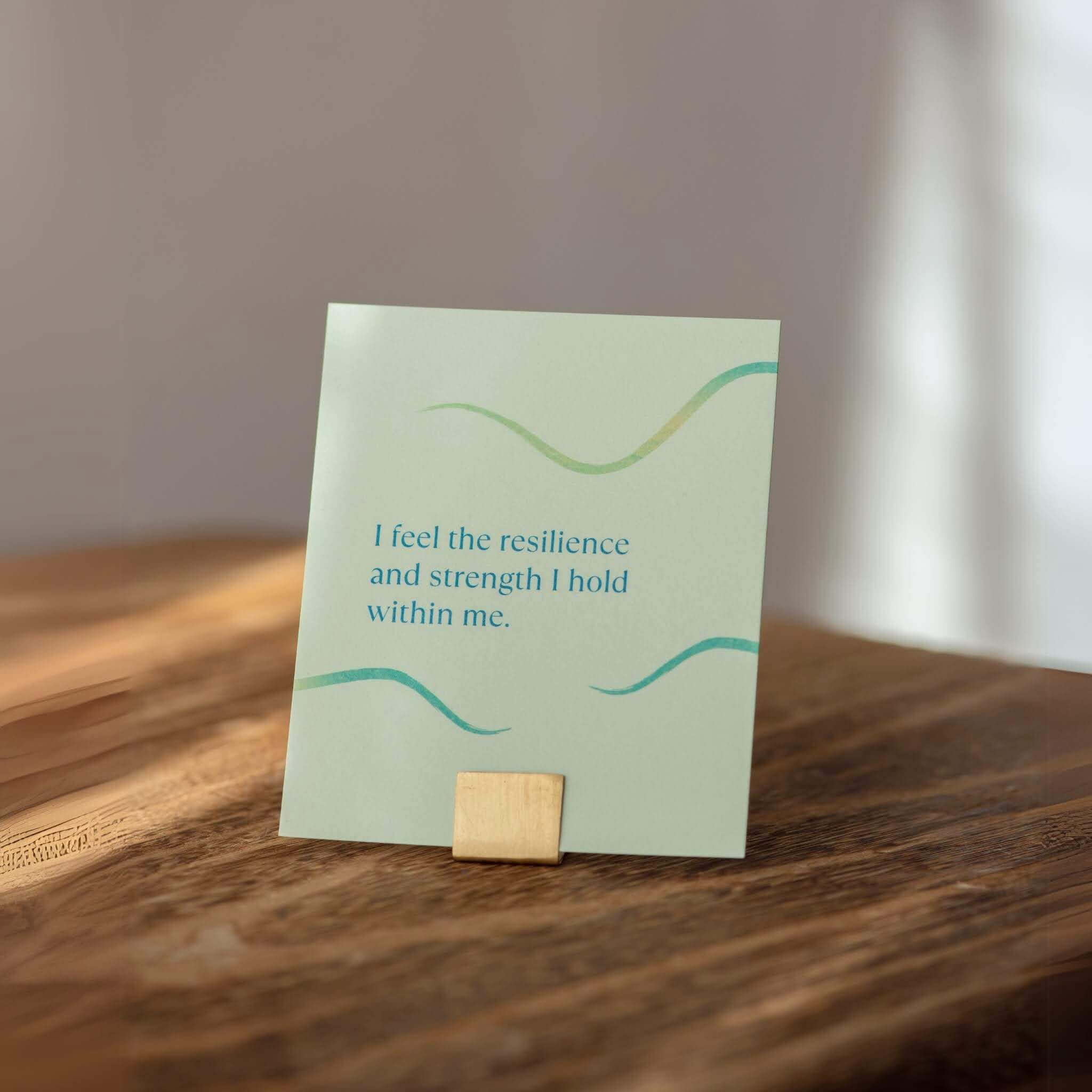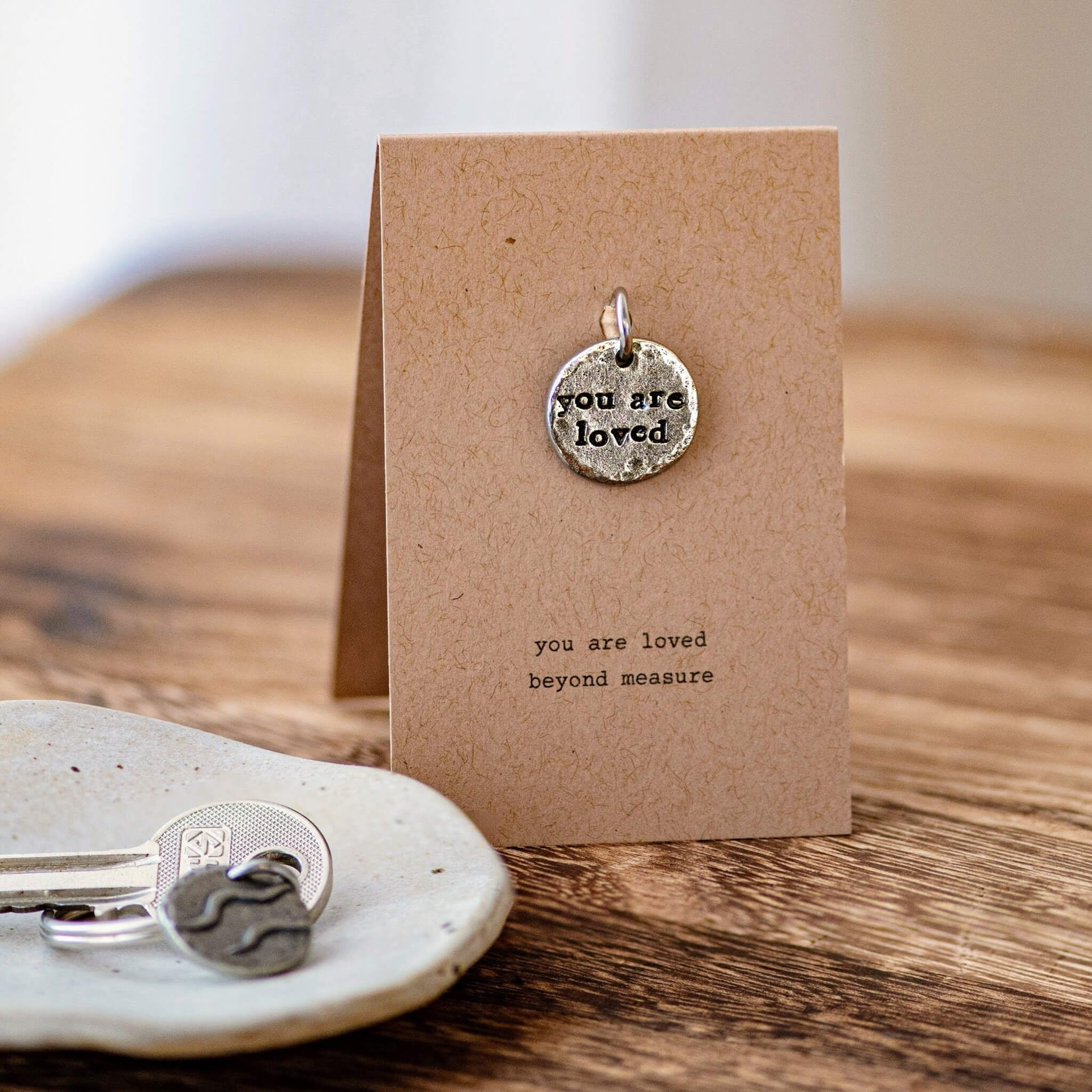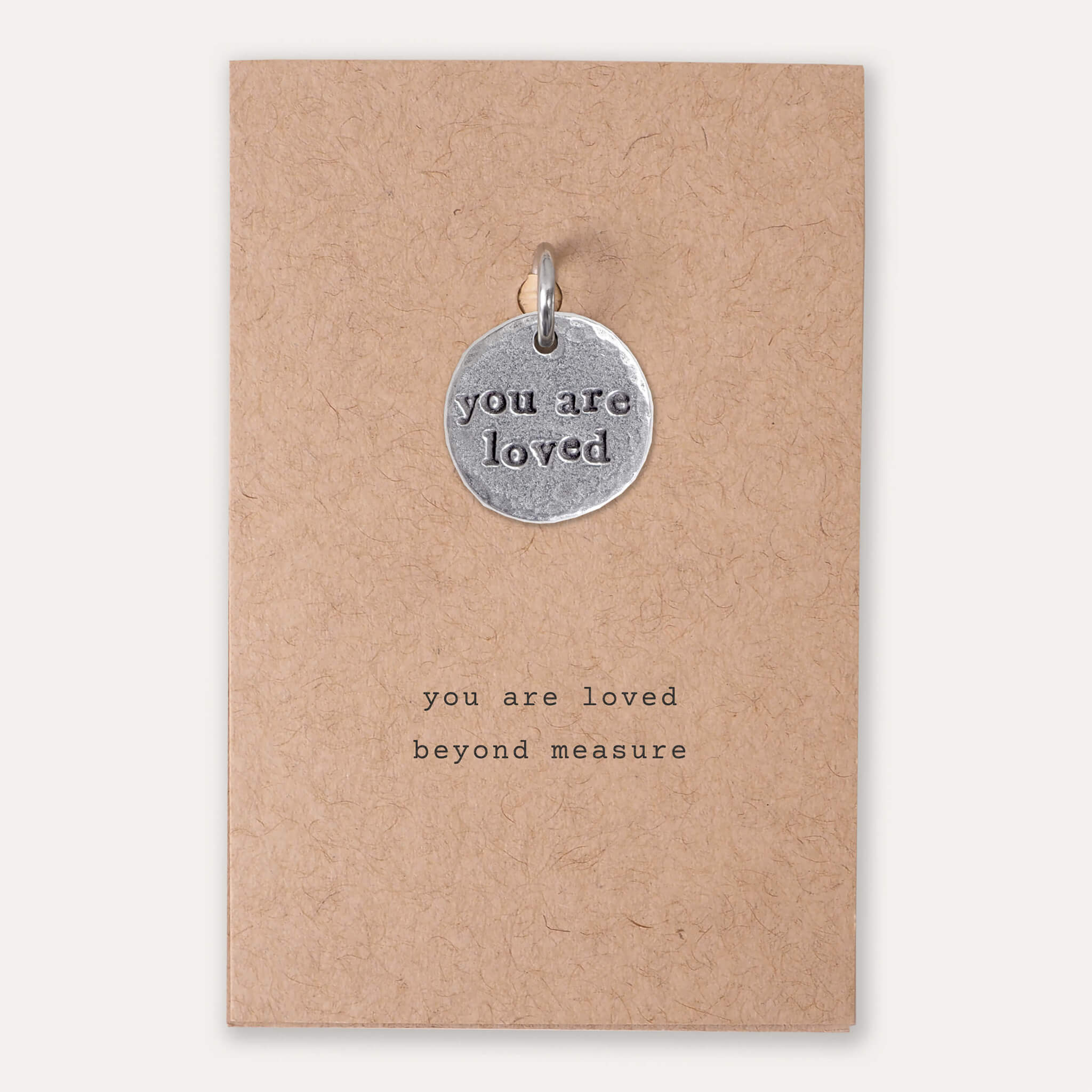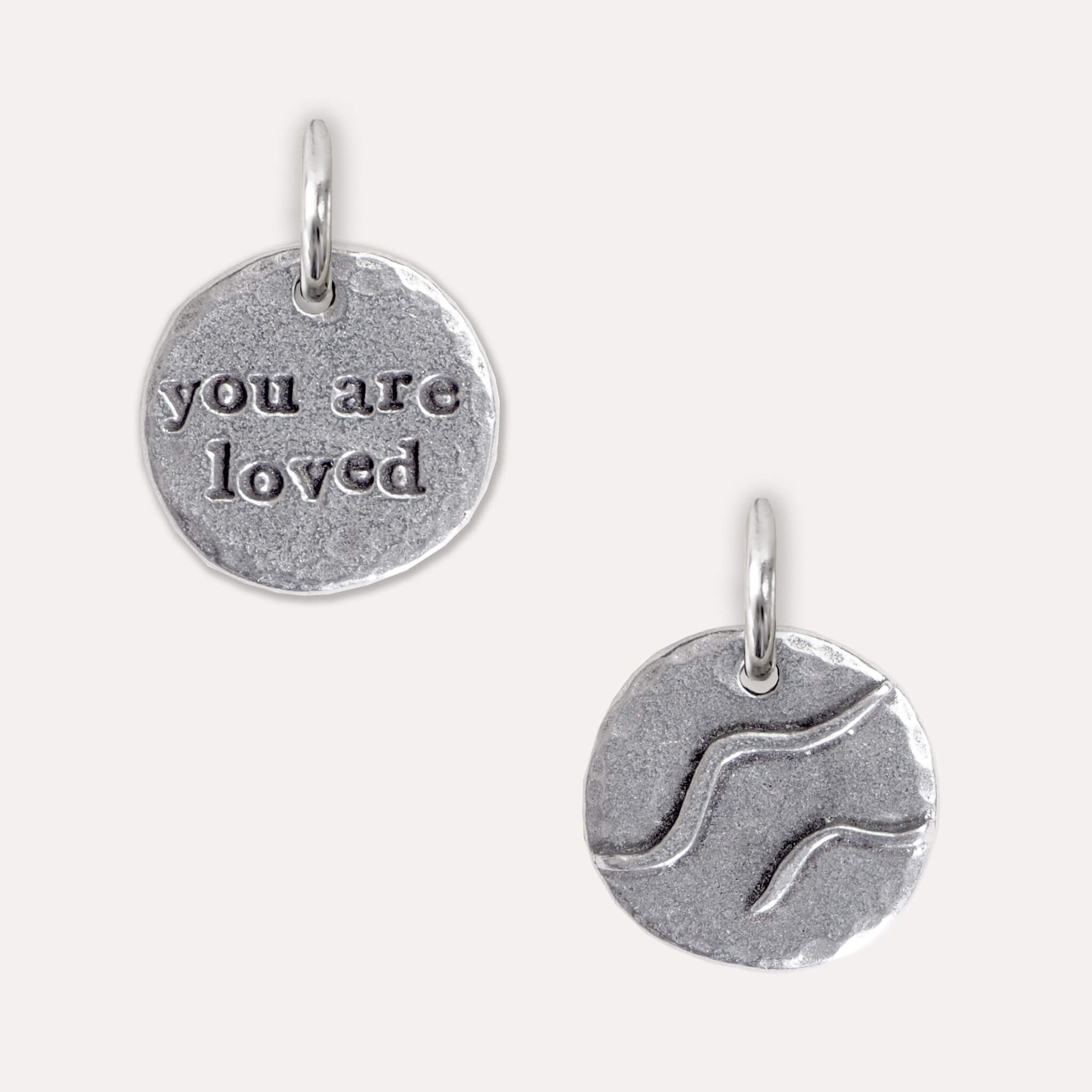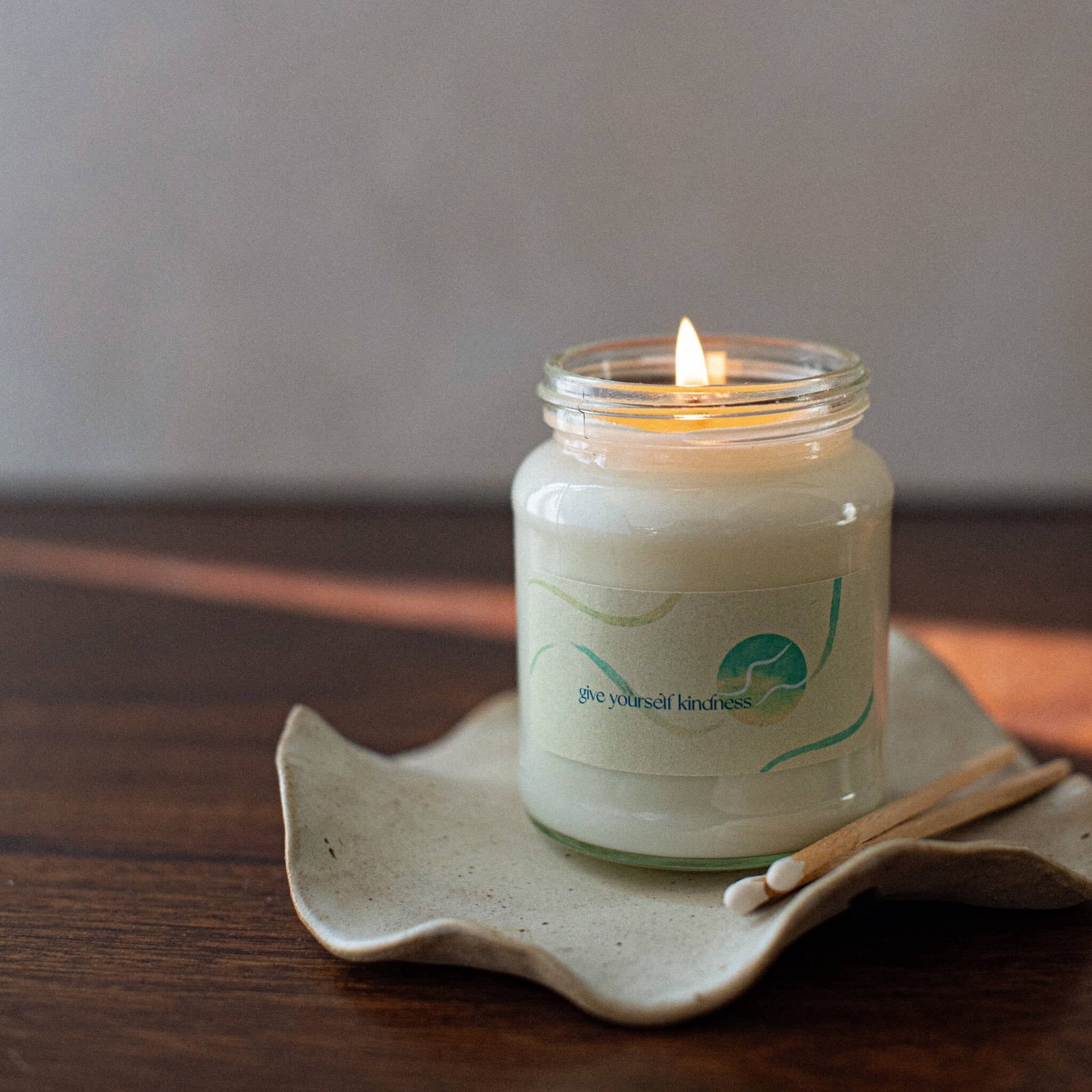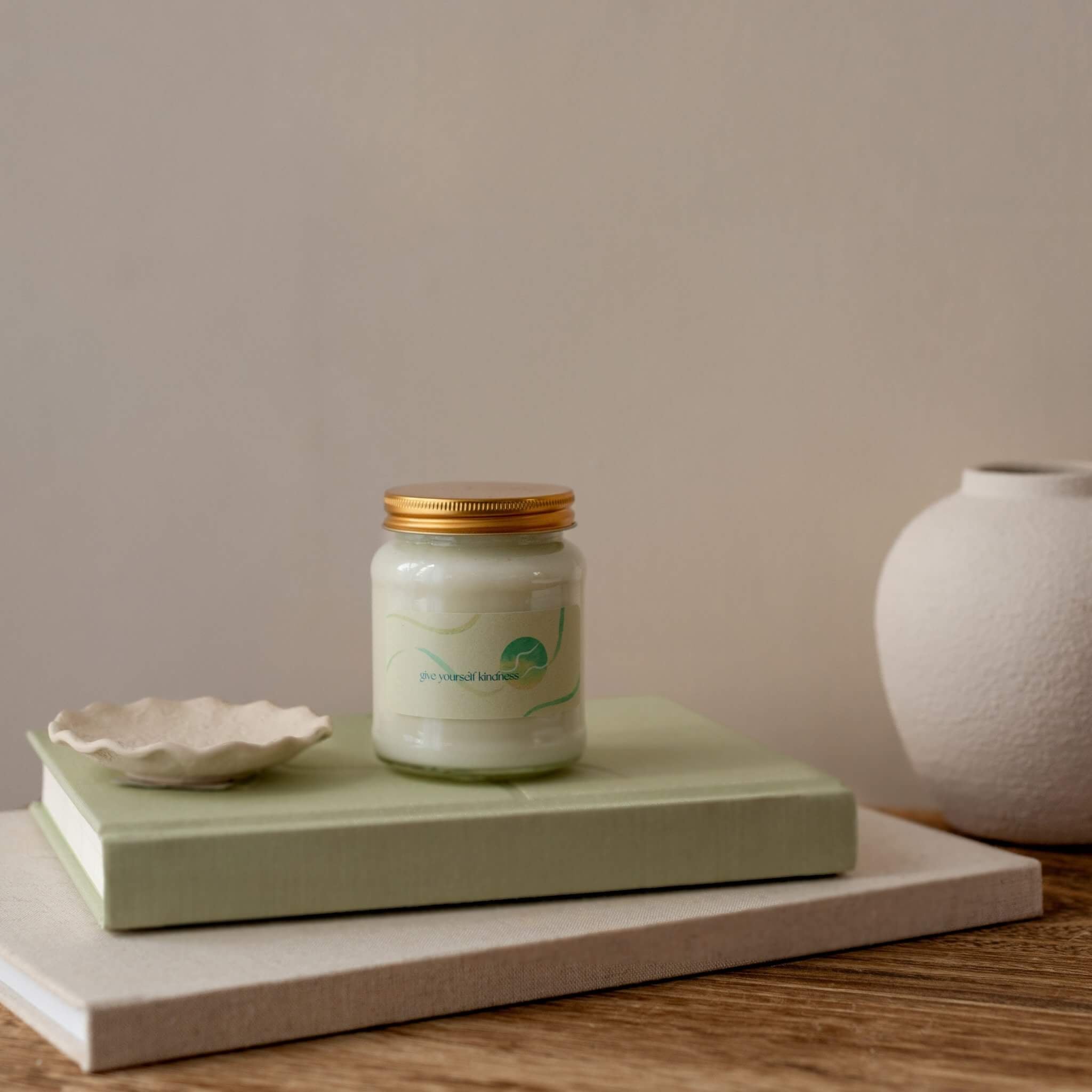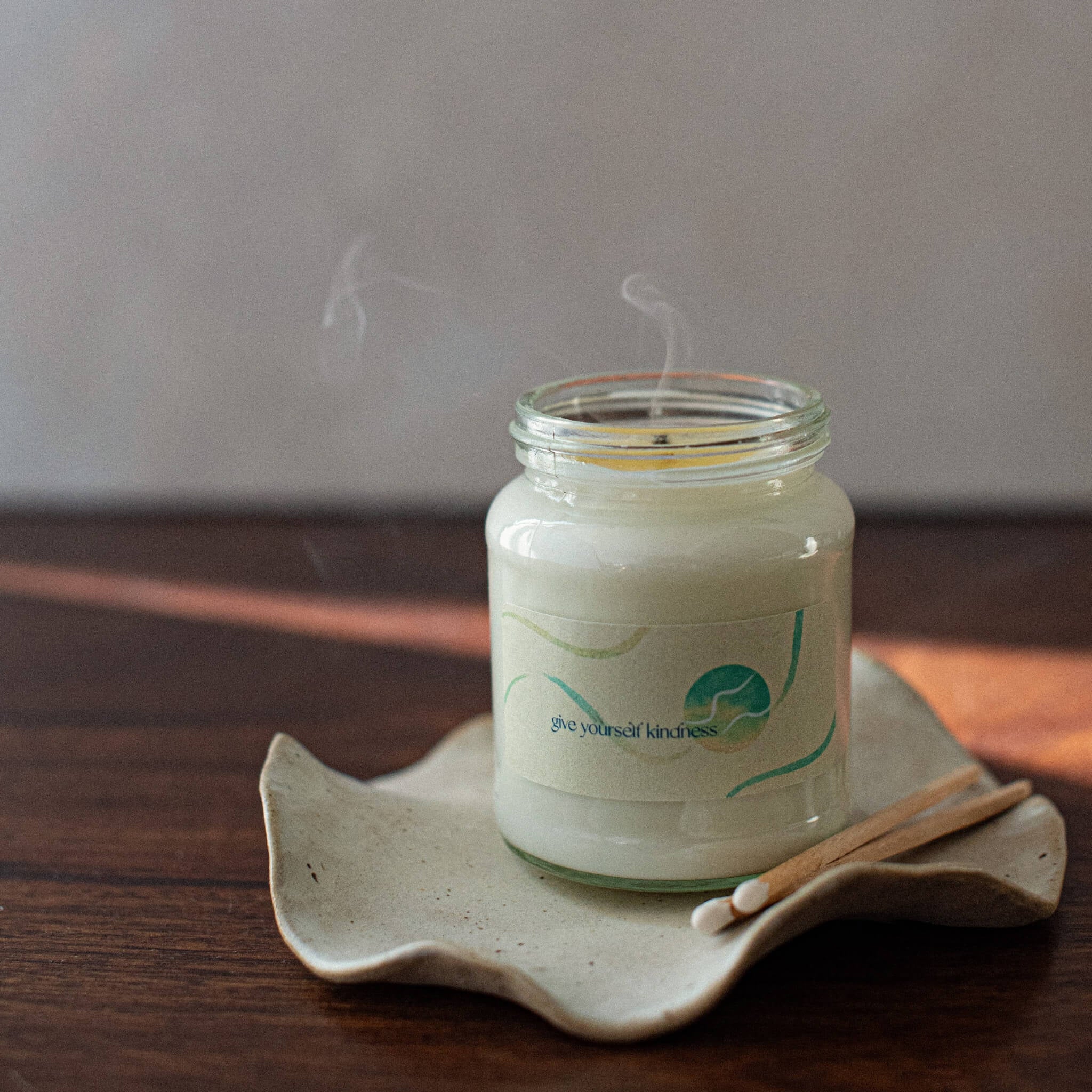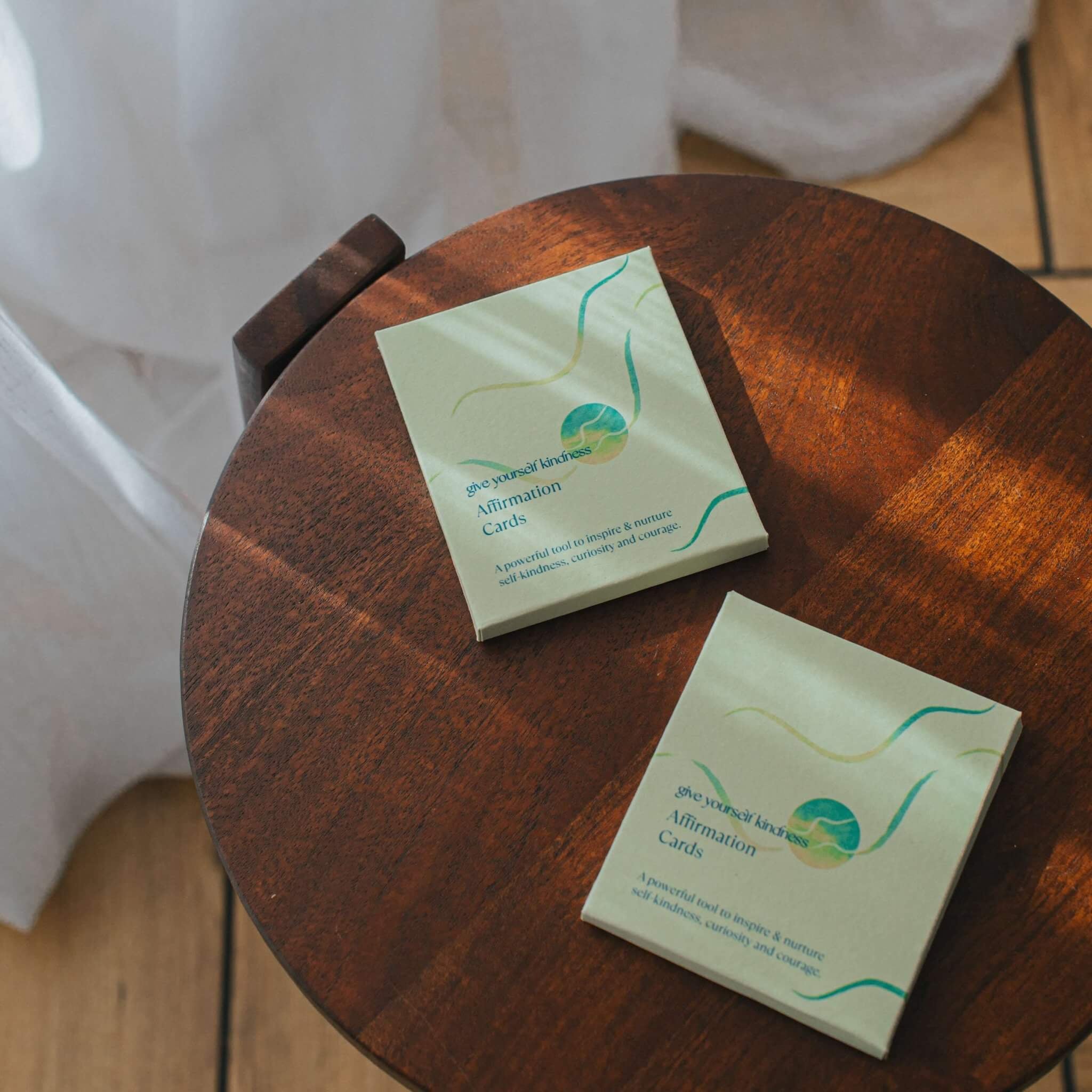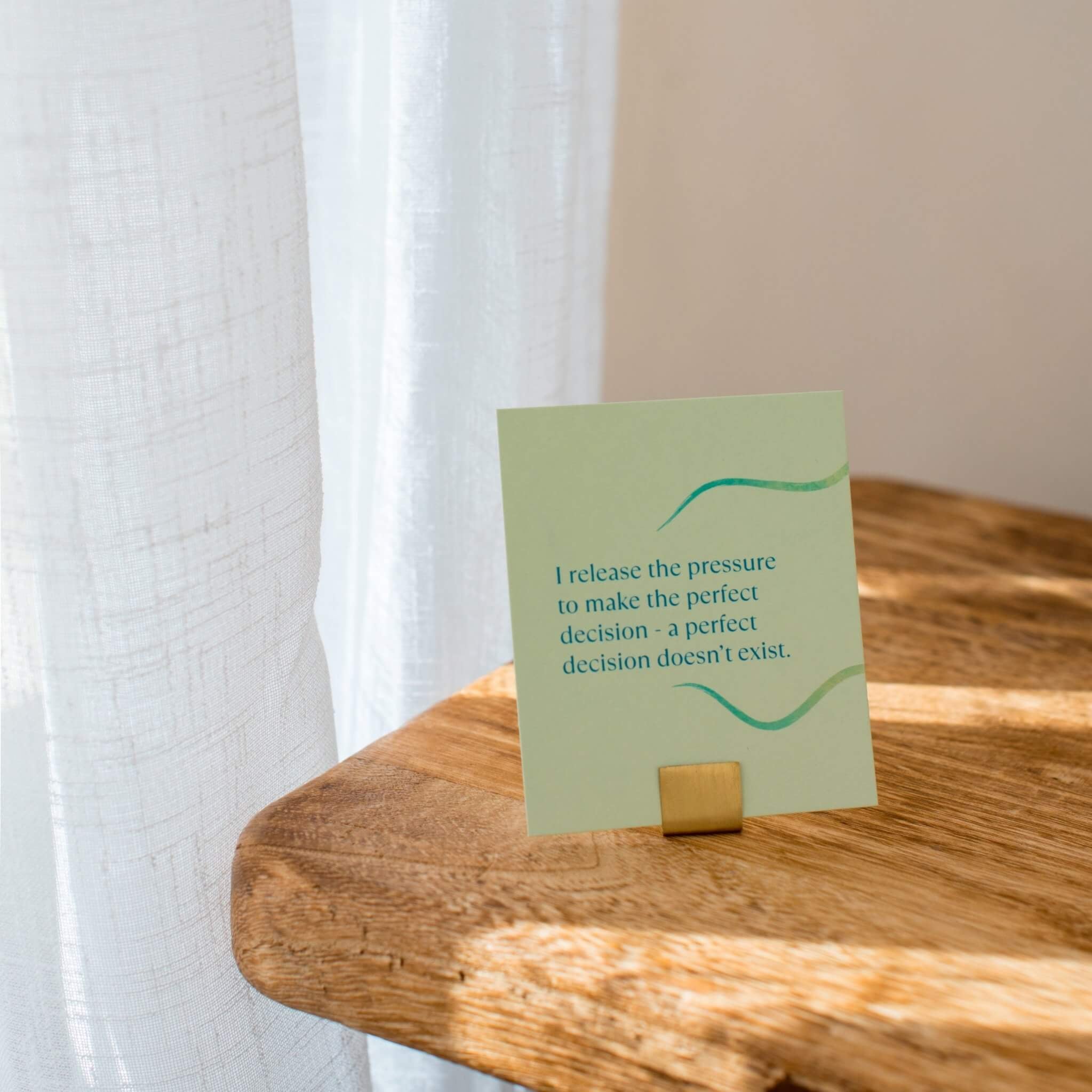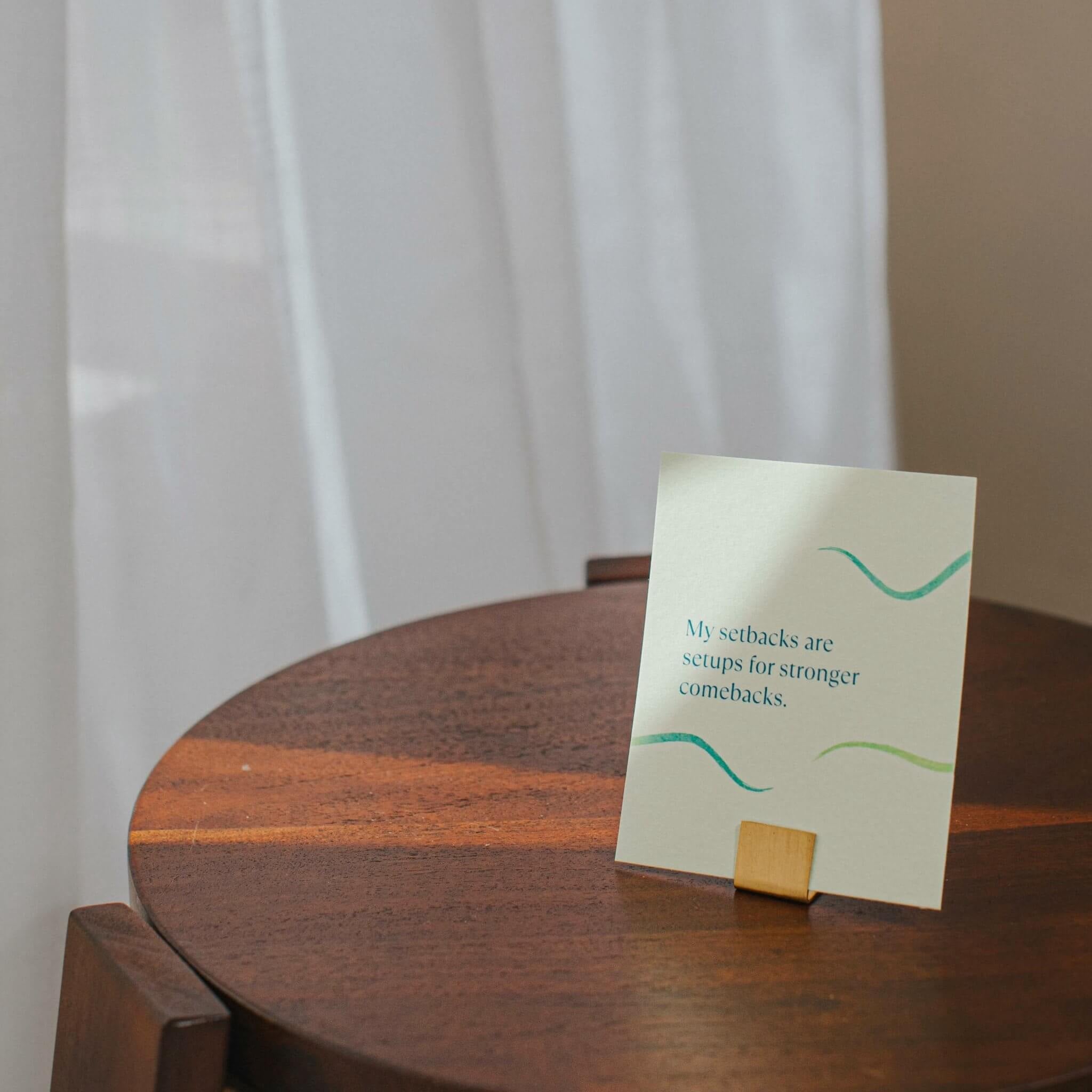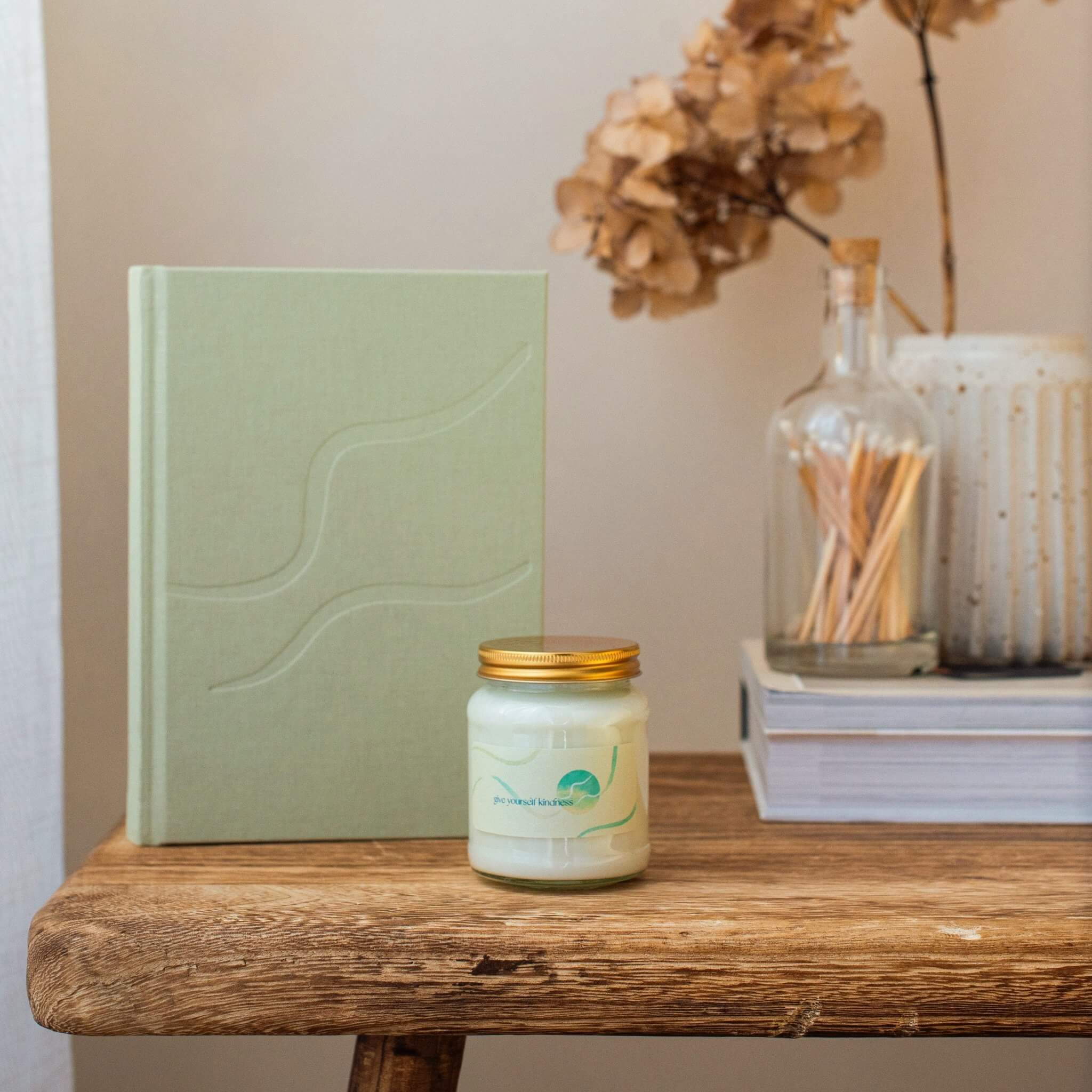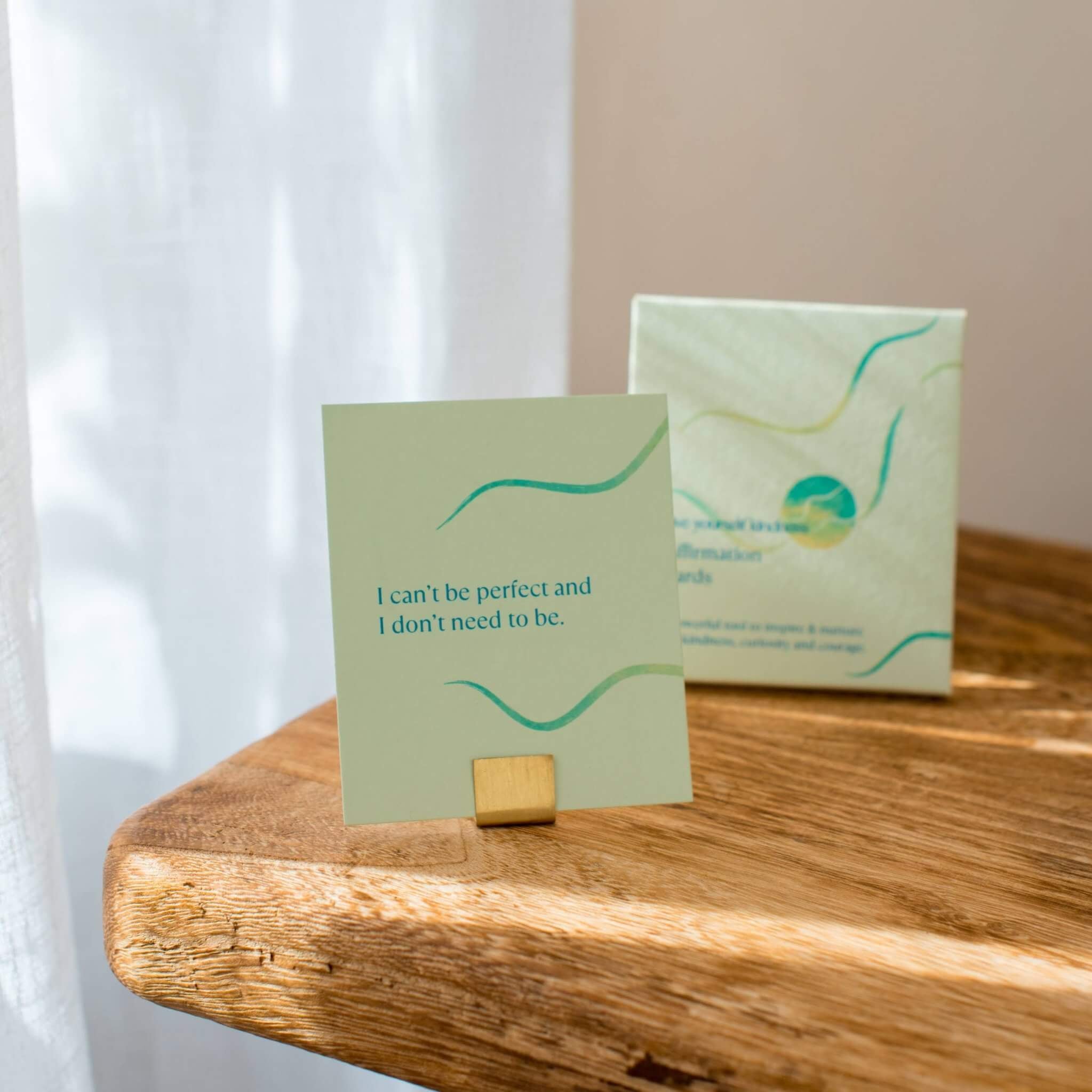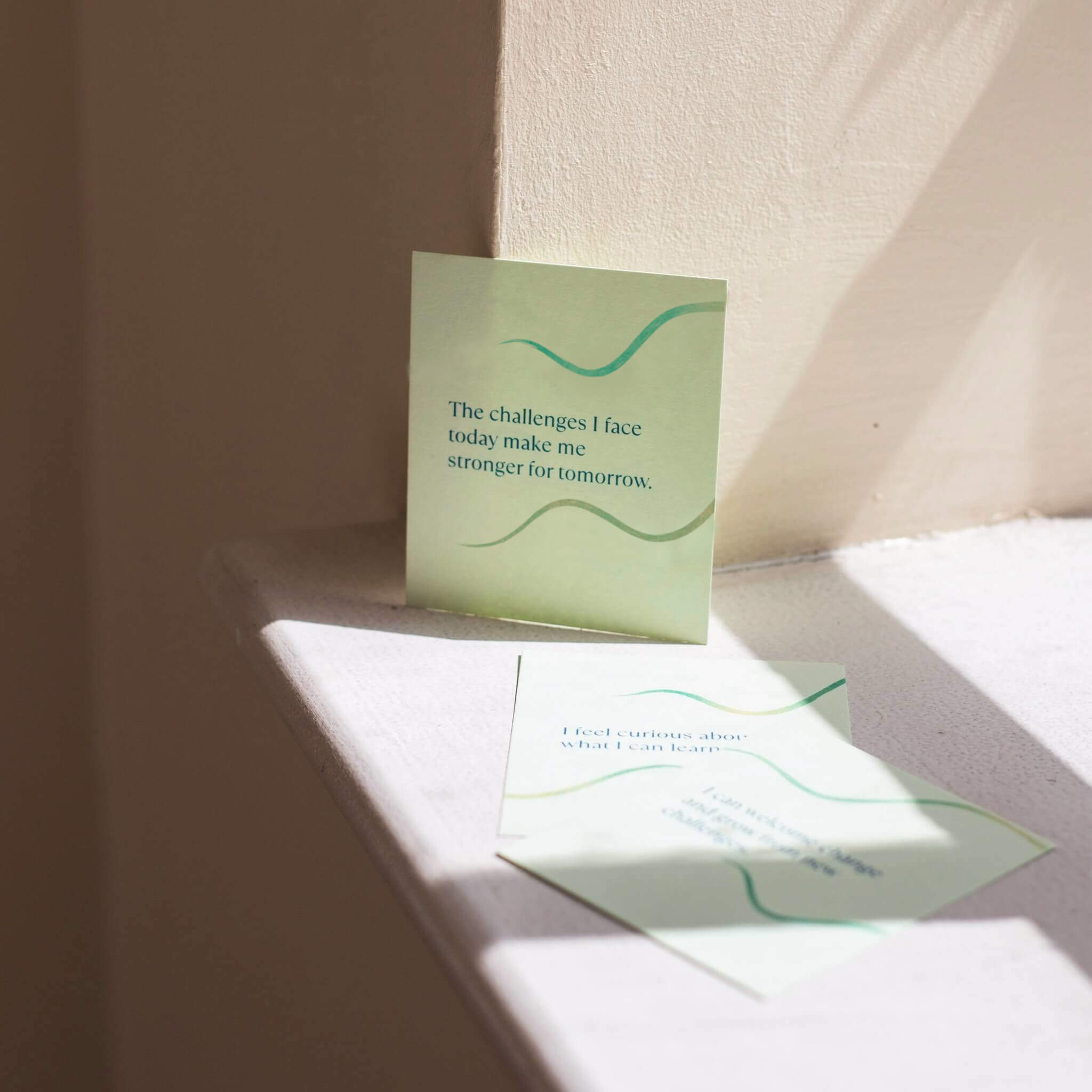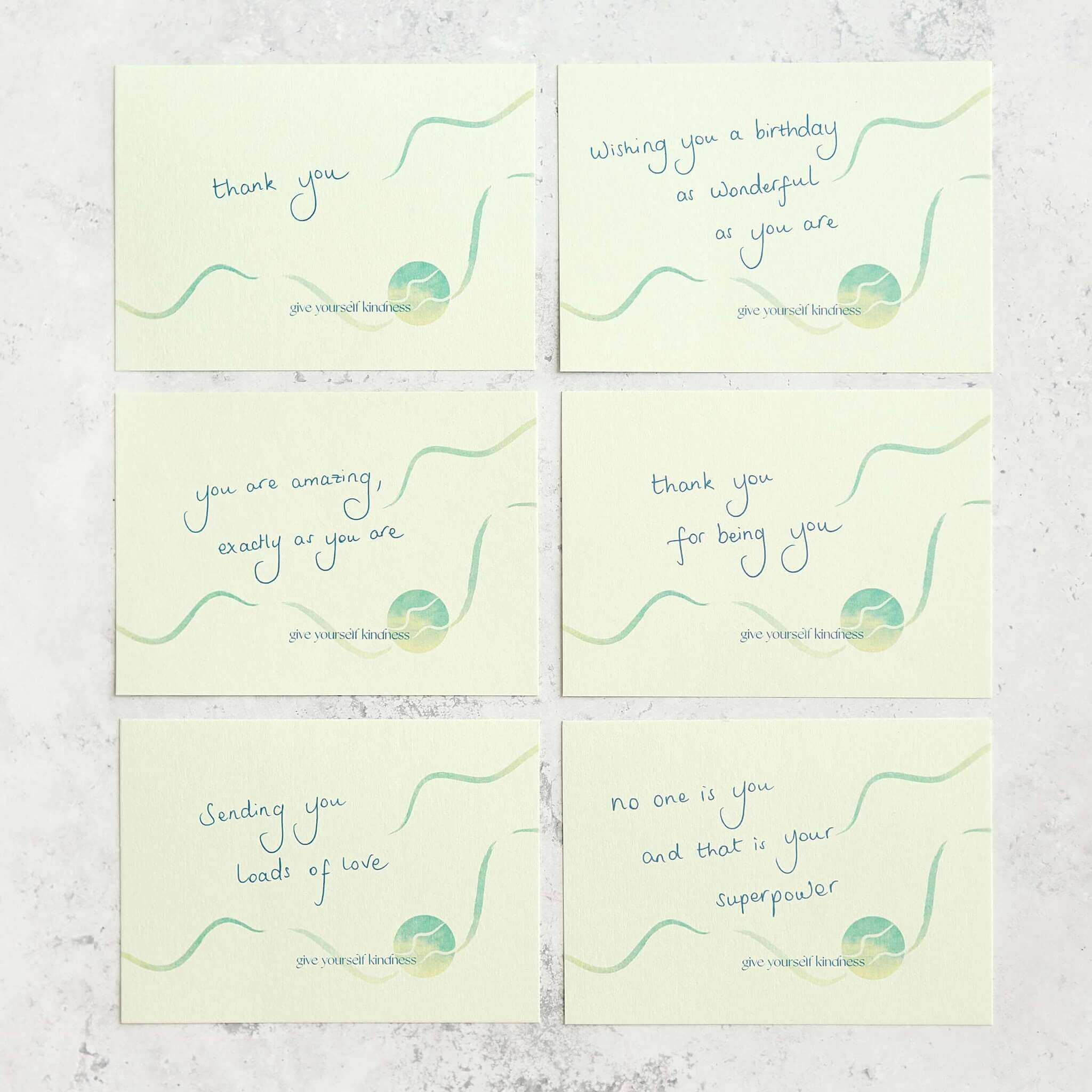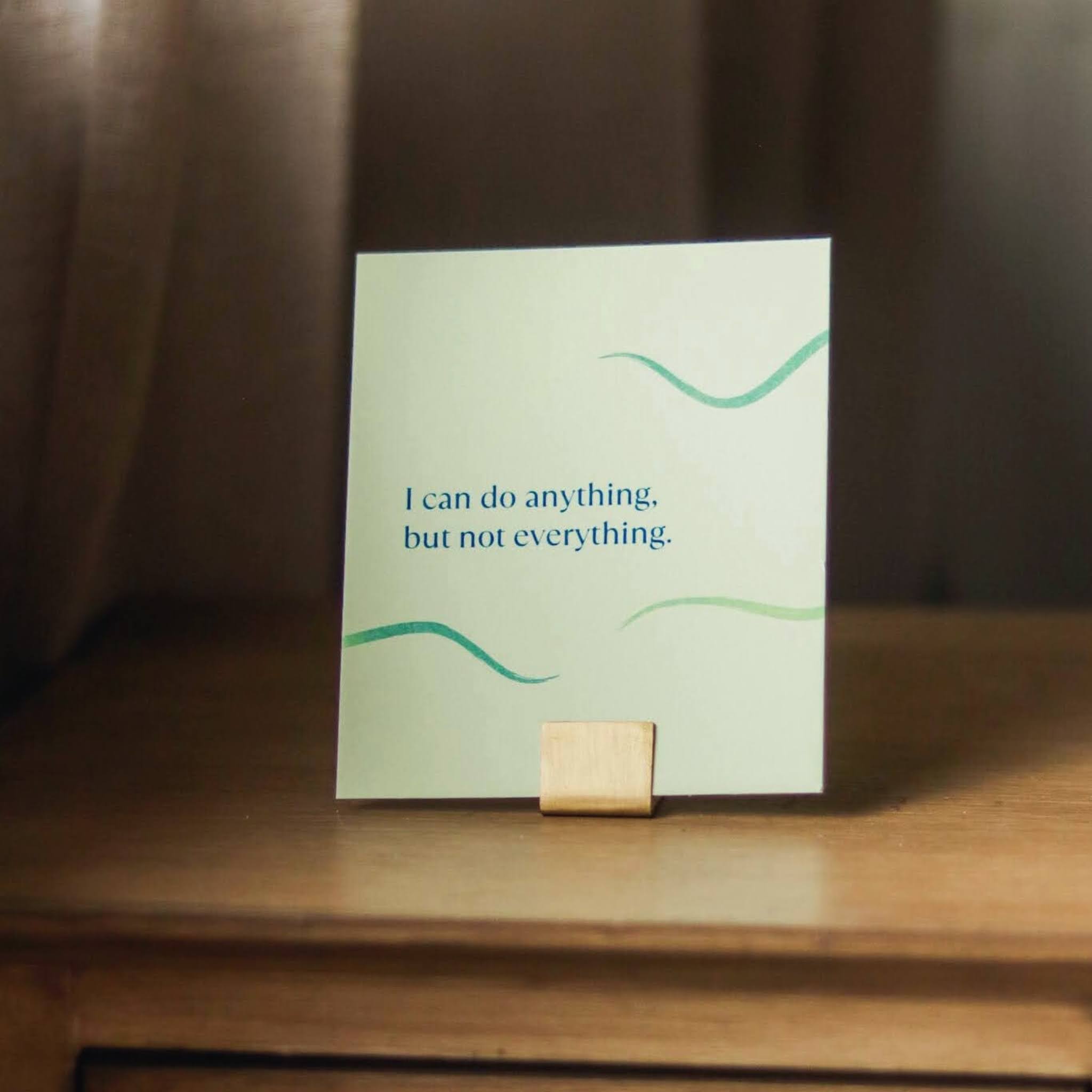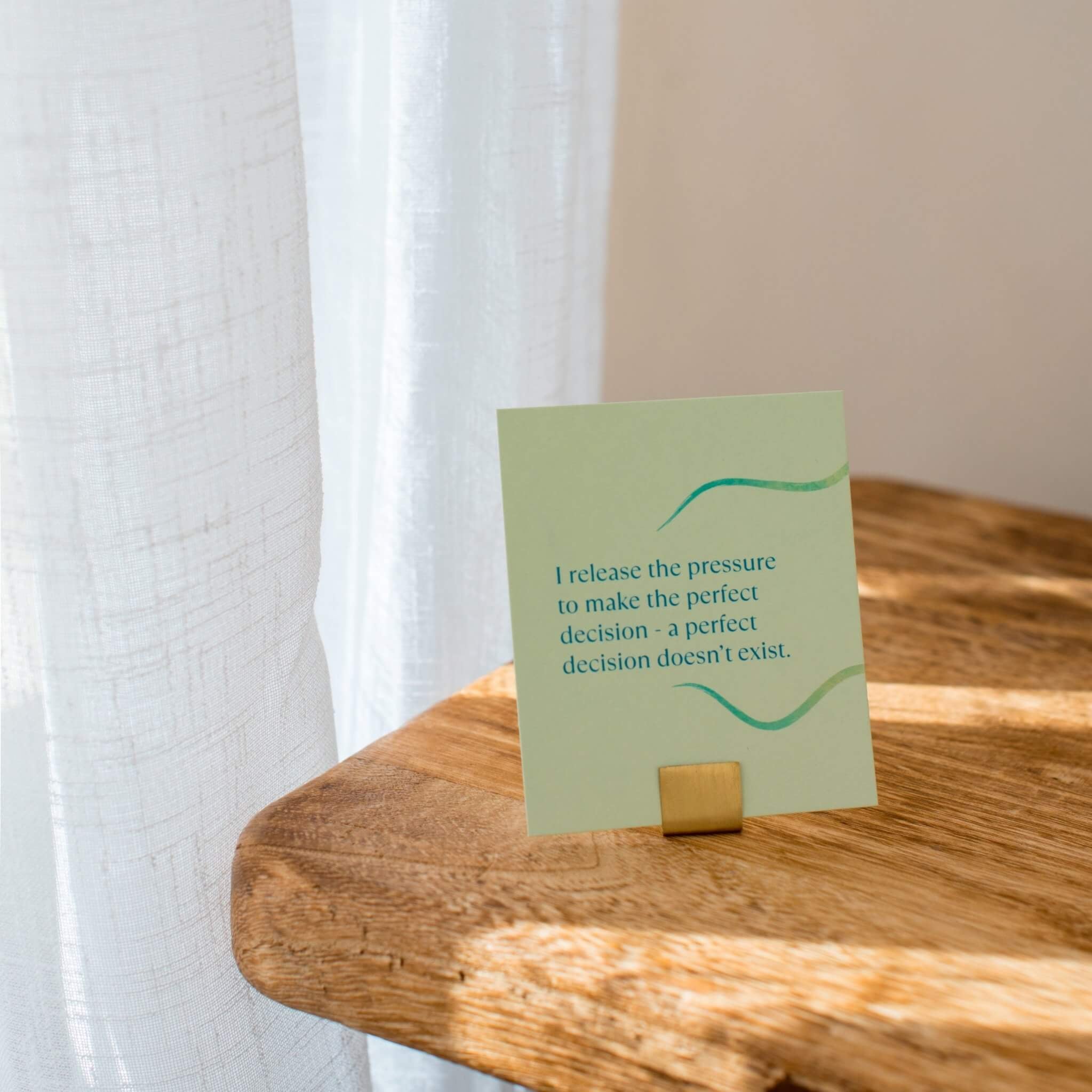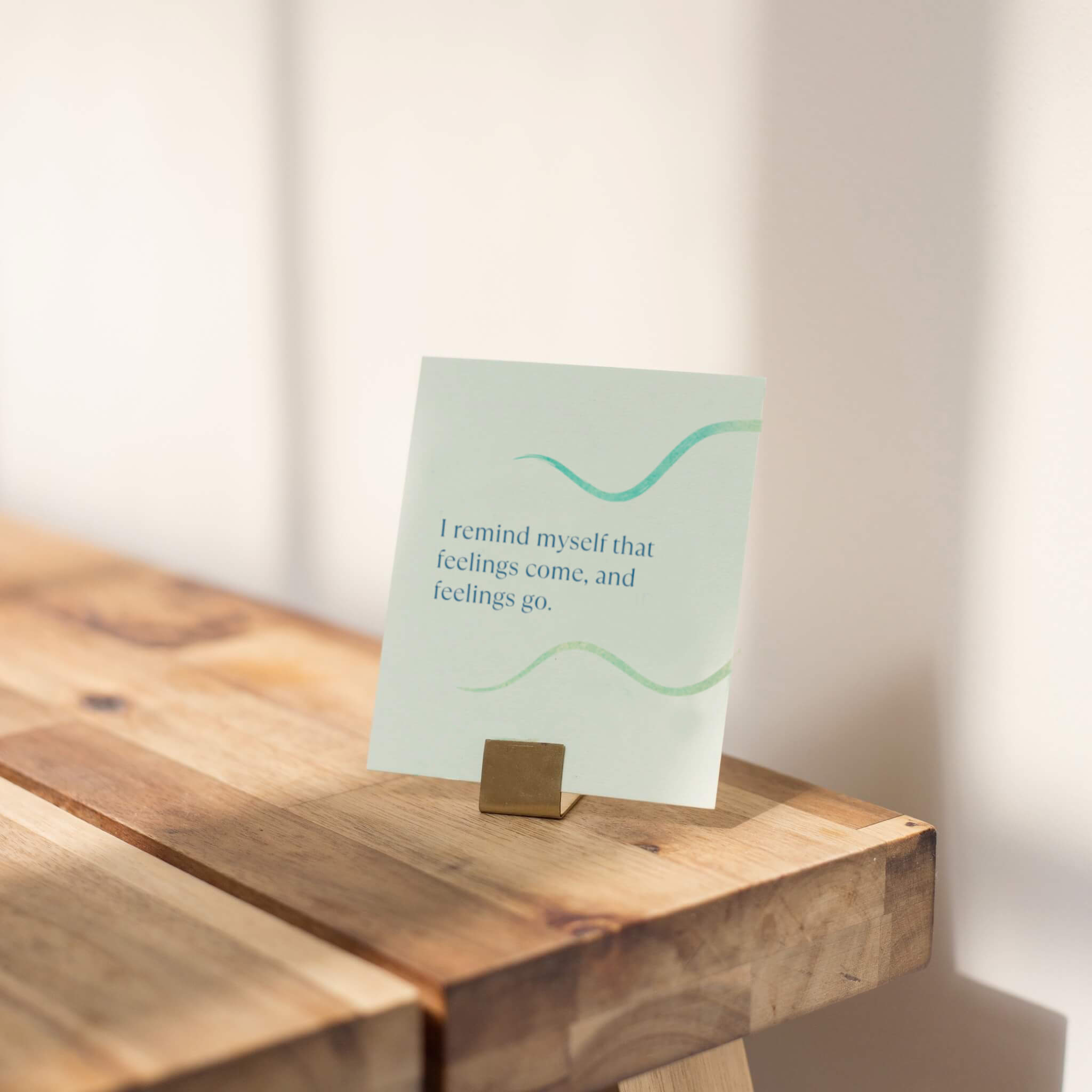written exclusively for Give Yourself Kindness by Dr. Mekel Harris a licensed psychologist with 20 years of experience helping others navigate, as well as thrive, in the midst of life's imperfect moments.
Reducing suffering: self-compassion in grief
As a person who’s grieving, you’ve likely heard others express how important it is to be patient with yourself throughout the grief journey – to practice self-compassion.
Sounds simple enough, right?
But have you ever thought about why it’s so hard to exercise self-compassion, including being patient with yourself, as you grieve?
Well, I definitely have. Here, I’ll share a few insights I’ve gleaned throughout my grief journey over the past 12 years.
Releasing the pressure to perform and leaning into grief
First, let me start by saying that I am a natural go-getter and high achieving person who is focused and typically unwavering in my convictions. And these characteristics are wonderful when it comes to entrepreneurship, goal setting, and productivity.
However, at the beginning of my grief journey, it became clear that these very qualities created an impossible scenario in which I felt I had to do, produce, and perform rather than lovingly lean into grief.
"produce, and perform rather than lovingly lean into grief"
This, unfortunately, resulted in my experiencing an array of physical health challenges, heightened irritability, and emotional burnout … only exacerbating the symptoms that naturally come along with grief.
"society often reinforces the hustle mentality"
On top of that, let’s be honest. Society often reinforces the hustle mentality, offering a host of suggestions for how to ‘live your best life’ in the most efficient way possible.
Messages like “positive vibes only,” “embrace the good,” and “keep it moving,” while not problematic on the surface, can make the work of grieving incredibly challenging.
Redefining strength: you can't 'muscle your way' through grief
Further, cultural variables, one’s upbringing, and personal experiences can also reward and applaud doing, as opposed to being, throughout the grief process. I can admit that growing up, my military-trained parents regularly encouraged me to “suck it up,” “put on my big girl panties,” and “just keep going.”
On a positive note, those very unintentionally harmful remarks helped me become the successful woman I am today. Nevertheless, they also made it difficult for me to recognize that I was ignoring my feelings and doing all I could to simply muscle my way through grief.
Needless to say, self-compassion does not come easy.
So what exactly is self-compassion?
In its most basic form, self-compassion refers to the process of treating and honoring yourself as you would a trusted friend. In other words, it means treating yourself the way you’d want to be treated.
"treating and honoring yourself as you would a trusted friend"
Think about what you might say if a friend called you in distress. You wouldn’t say, “Oh well, you’ll be fine. Just keep your head up.”
You wouldn’t say, “Suck it up, soldier!”
And you probably wouldn’t say,“Just ignore how you’re feeling.”
No, you’d listen. Practice patience.
"you’d be thoughtful and mindful of the words that flowed from your mouth"
You’d avail yourself in times of need. In addition, you’d be thoughtful and mindful of the words that flowed from your mouth.
How to practice self-compassion when grieving?
In much the same way, this is what’s required as you grieve with self-compassion at the forefront. You must:
- Listen to the thoughts and emotions that rise to the surface throughout the grief journey;
- Make time to check in with yourself – physically, emotionally, and spiritually – and honor whatever you need at any given moment; and
- Extend kind words towards yourself when you struggle, have difficulty coping in any given moment, or simply feel overwhelmed by the weight of it all.
"shift away from self-criticism to self-reflection"
Further, it’s important to shift away from self-criticism to self-reflection, asking yourself two important questions: “In what ways can I help myself as I grieve?” and “In what ways can I ask for help as I grieve?”
Self-compassion, in other words, is the practice of choosing and implementing tools to help reduce your suffering and improve your overall quality of life.
Let me repeat – it’s a practice.
Just to clarify, self-compassion goes well beyond traditional “self-care” strategies – like engaging healthy eating habits, emphasizing sleep hygiene, moving your body, and drinking adequate amounts of water each day.
"self-compassion goes well beyond traditional “self-care” strategies"
While each of these activities is absolutely essential, these tools do not inherently help those who grieve lean into the pain of grief. Rather, they serve as a springboard from which to lean in.
So here’s a question for you, my friend.
Have you allowed self-compassion to lead the way as you grieve?
If your answer is “no,” consider this an opportunity to extend grace and compassion to yourself.
It took me years to finally get to the place where I truly listened and responded to what I needed. These days, I worry less about other’s expectations about what I need to be doing or how I “should“ be grieving.
worrying less about "how I “should“ be grieving"
Rather, I honor my body by giving it the rest it needs and moving it when needed.
I honor my mind by questioning and challenging my thinking, as well as allowing my thoughts to take me in many different spaces — including the dark and uncomfortable ones.
I respect what my spirit needs and spend time in quiet reflection with God in prayer.
Be patient with yourself in grief
While self-compassion isn’t something that’s widely taught in society, it is something that you can learn and apply to your own experience.
"it is something that you can learn"
To this end, I encourage you to take some time to integrate listening, check-ins, and kind words over yourself today and in the days to come.
While this won’t take away the full sting of grief, it will help reduce the suffering that can often accompany it.

Dr. Mekel Harris received a B.A. in Psychology from Baylor University, M.A. in Psychology from Houston Baptist University, and a Ph.D. in Clinical/School Psychology from University of Houston. Further, she completed her pre-doctoral internship and two-year post-doctoral fellowship at Children’s Hospital Los Angeles. Since then, Dr. Harris has served in higher education, along with community- and hospital-based mental health programs. She currently works in private practice as a licensed psychologist and CEO of Harris Psychological Services, LLC, offering mental health support across the lifespan. Dr. Harris also provides training, education, and consultation to organizations around the globe, focused on an array of mental health themes. Finally, she is co-founder of Bloomwell Partners, LLC, a consulting firm that equips corporate entities with the skills necessary to afford grief-informed leadership and care within the workplace.
Throughout the past decade, Dr. Harris has presented at >30 domestic and international conferences and has been interviewed on several podcasts, with topics ranging from grief and loss to community mental health and trauma. In June 2016, she authored a memoir, Relaxing Into the Pain: My Journey Into Grief & Beyond. Throughout the past two years, Dr. Harris has created The Grief Anatomy Toolkit – an e-book and mini-course, an 8-week immersive online course, Re-Imagining Life After Loss, Mindful Grieving, a therapeutic curriculum for coping with grief and loss, Cortisol, Coping, & Conversation gathering, a 4-week gathering focused on the intersection of grief and the body, and Grieving with HOPE.
Dr. Harris has been featured as a mental health expert on FOX13 Memphis several times throughout the past three years and has published articles in Equanimity Magazine, Healthy Magazine, The Gospel Coalition, Wondermind, Mental Health Talk Magazine, SheKnows, and Urban Media Today. She has served in a similar capacity on WYXR Crosstown Radio 91.7’s Real Talk Memphis. Dr. Harris has also contributed to articles, as a mental health expert, in Washington Post, Care.com, and SELF. Finally, she currently serves as Vice President of the Association of Infant Mental Health in Tennessee (AIMHiTN) board. In her personal time, Dr. Harris enjoys spending time with her family, traveling the globe, writing, volunteering in her community, and collecting all things butterflies.





